Fox forced Emily Blunt to make Gulliver’s Travels
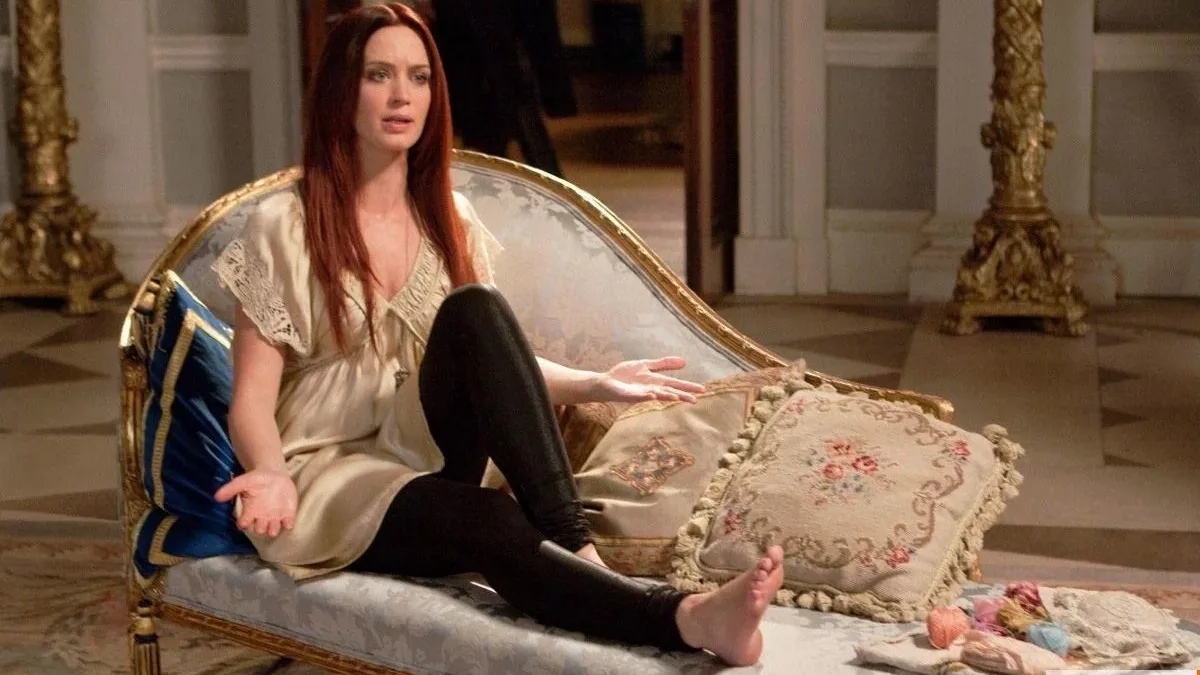
Emily Blunt became a household name with her role in 2006’s The Devil Wears Prada, but it came at a cost. The actress’ contract included an option that would allow Fox to put her in another of their movies, whenever they wanted. They exercised this option to make Blunt star in 2010’s Gulliver’s Travels, as a result of which the actress had to turn down the role of Black Widow in the MCU.
Bruce Willis starred in Armageddon so Disney wouldn’t sue him
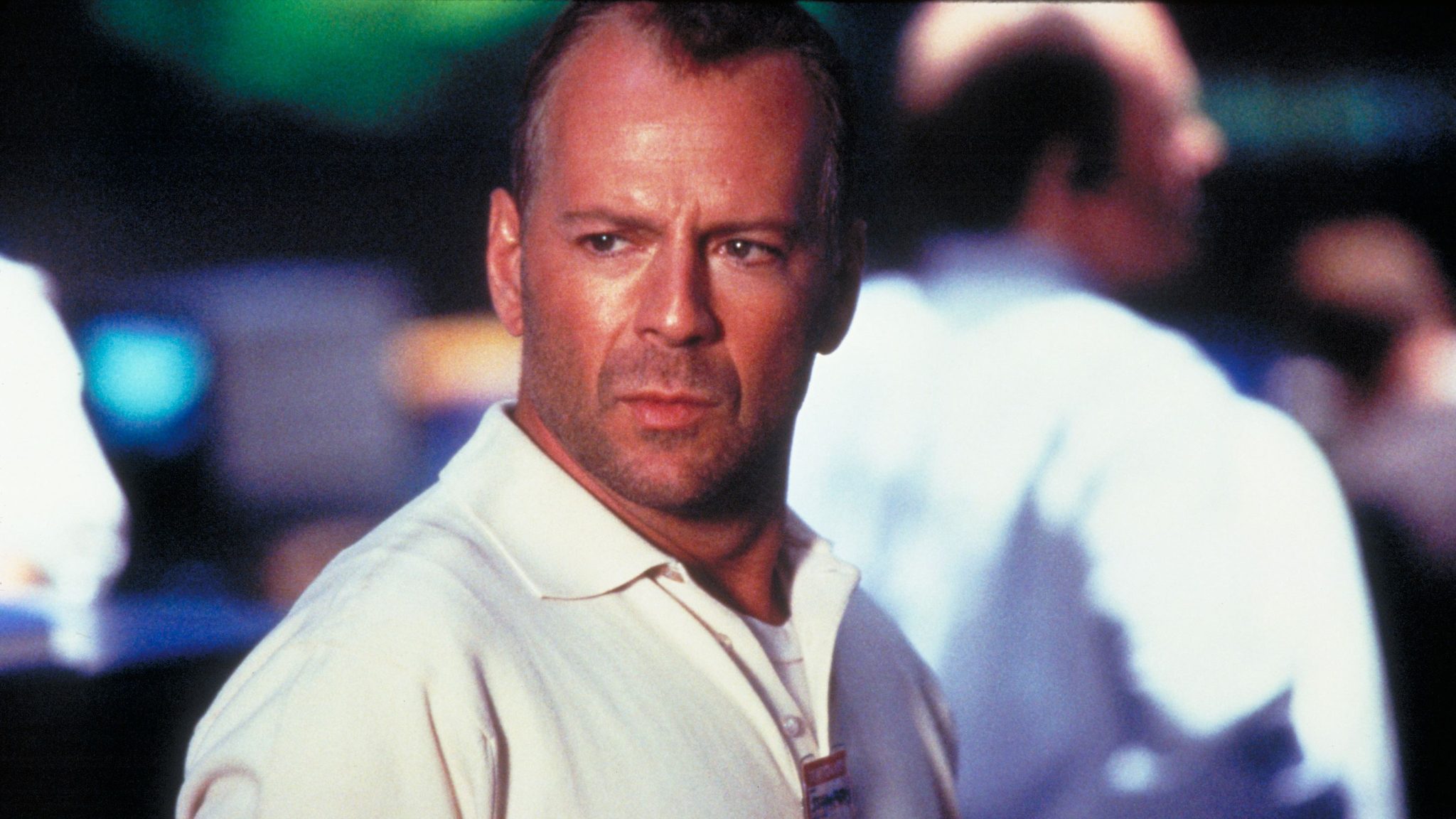
After Bruce Willis shut down the production of Broadway Brawler with his on-set behavior, Disney offered him a choice: face a $17.5 million lawsuit, or sign on for three more films. Unsurprisingly, Willis went with the second option, which resulted in him starring in 1998’s Armageddon, despite really not wanting to. It all worked out in the end, though, as the film was a resounding success.
Van Morisson was forced to record 36 songs
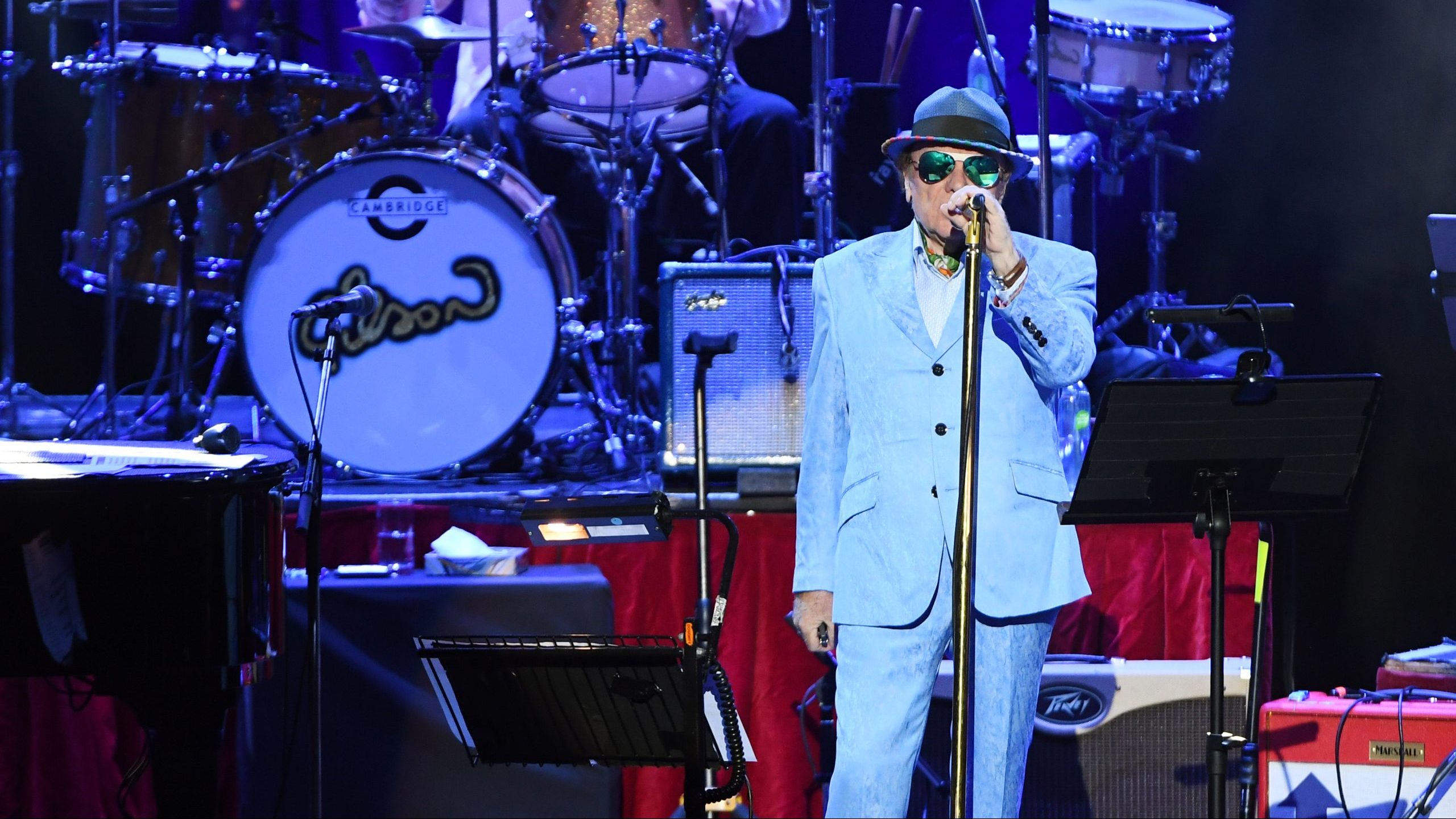
Tired of making easily accessible, commercial records, Van Morrison was desperate to leave Bang Records in the mid 60s. Before he could depart, however, he owed them a total of 36 songs. Morrison recorded over 30 of these tracks in a single studio session, playing an out-of-tune guitar and singing about topics ranging from ringworm to sandwiches.
Roy Scheider tried to get fired from Jaws 2
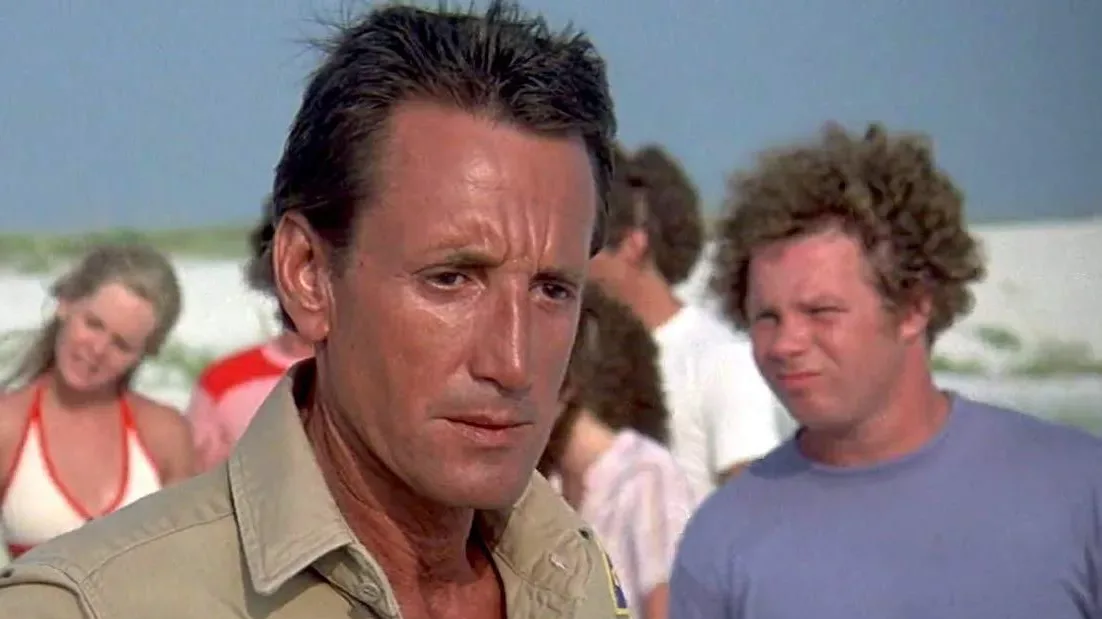
As part of his deal for Jaws, Roy Scheider signed a contract that stipulated he had to appear in three more Universal movies. When the studio insisted he star in Jaws 2, Scheider tried everything he could to get out of it, at one point even feigning insanity. Ultimately, Universal wouldn’t budge, and the actor was forced to star.
Whoopi Goldberg starred in Theodore Rex against her will
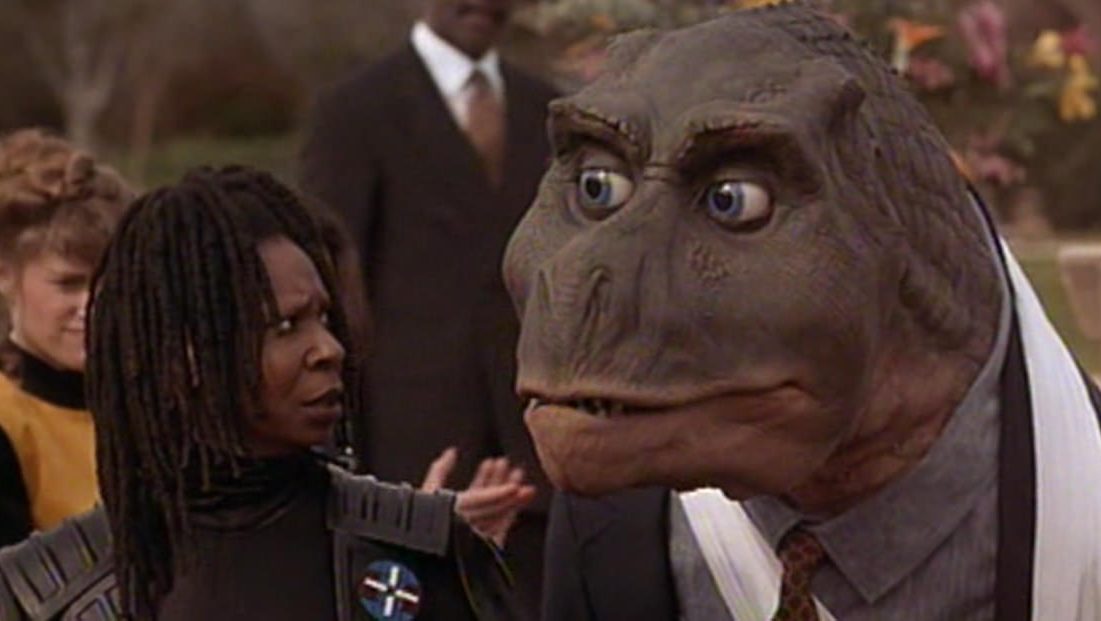
In the early 90s, Whoopi Goldberg made a verbal agreement to star in Theodore Rex, a buddy-cop comedy involving an anthropomorphic dinosaur. When Goldberg came to her senses and tried to back out, the movie’s producer promptly sued her for $20 million. With the case likely to go against her, the actress was forced to star in the most expensive straight-to-video movie ever made.
Prince was forced to make Chaos and Disorder
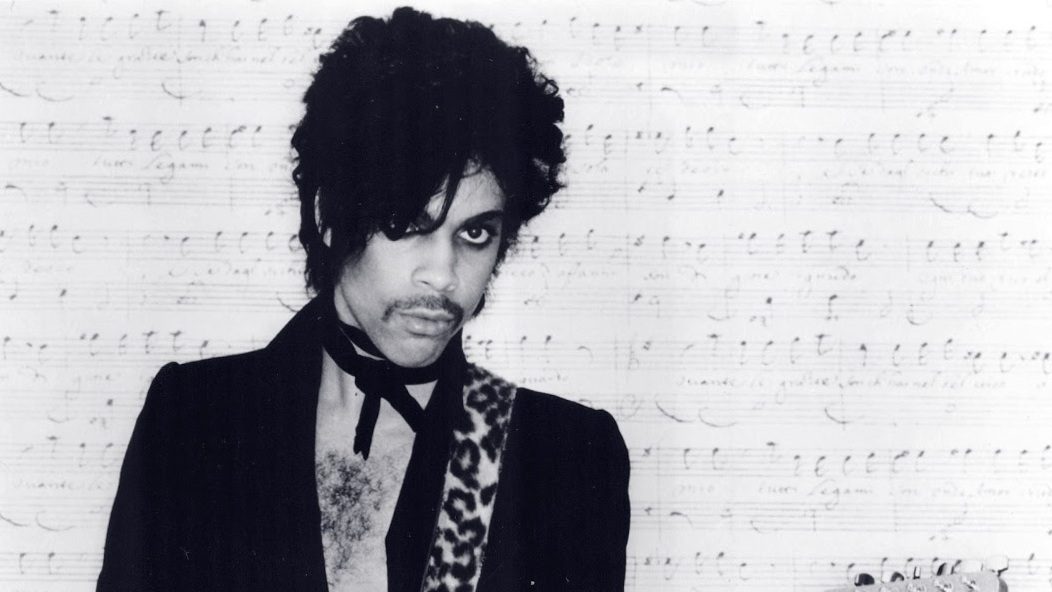
Sick of Warner controlling his creative output, Prince was eager to leave the label in the 90s. There was just one problem: he owed them another album. When changing his name to an unpronounceable symbol didn’t get him out of the deal, Prince delivered that album in the form of 1996’s Chaos and Disorder, a collection of tracks evidently made with as little effort as possible.
Nick Lachey hated being on Newlyweds: Nick and Jessica
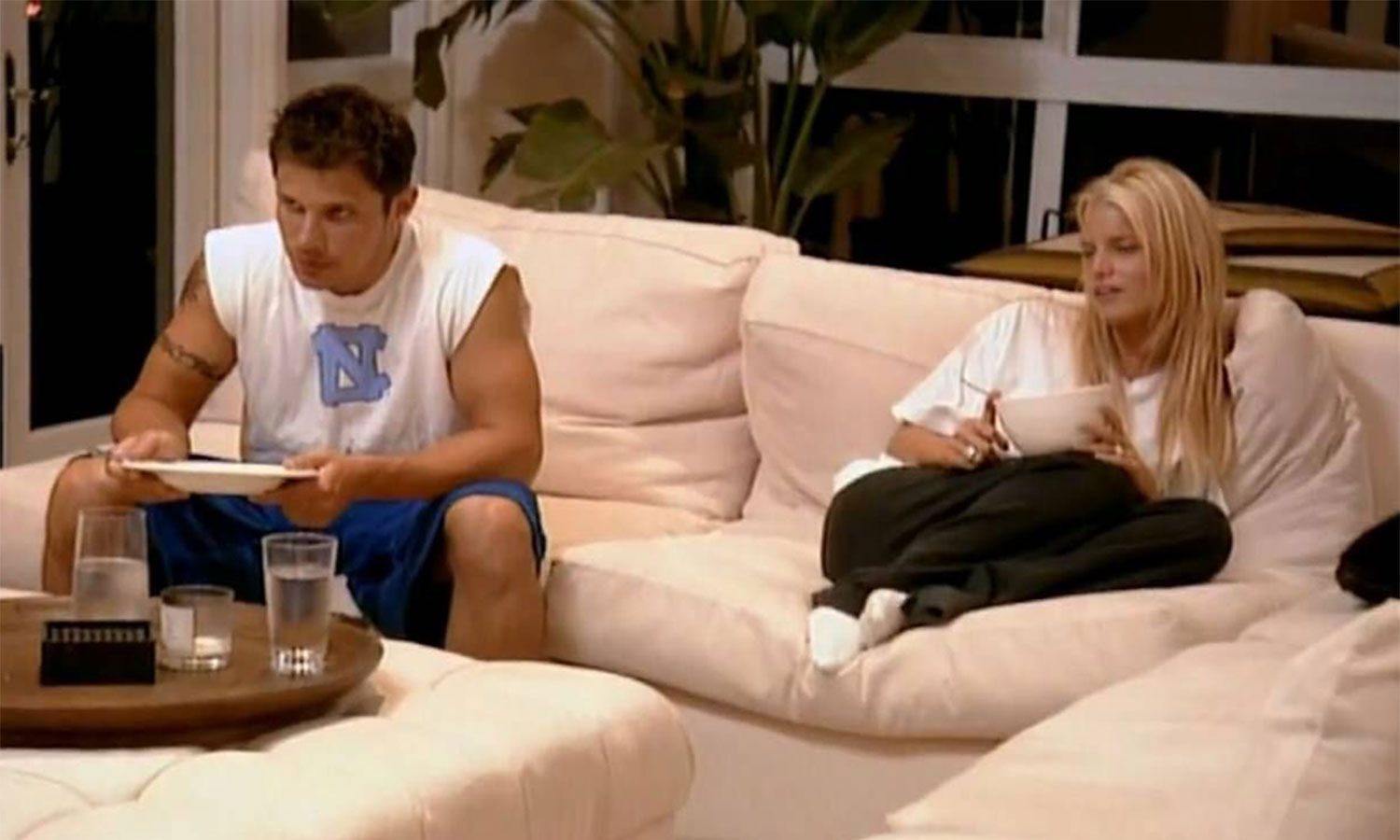
Shortly after getting hitched, Nick Lachey and Jessica Simpson signed up for a reality show documenting their life as newlyweds. While the show ended up running for three seasons, Lachey wanted out almost from the beginning, due to the invasiveness of having cameras constantly following him in his own house.
Marlon Brando made Desirée to avoid a lawsuit
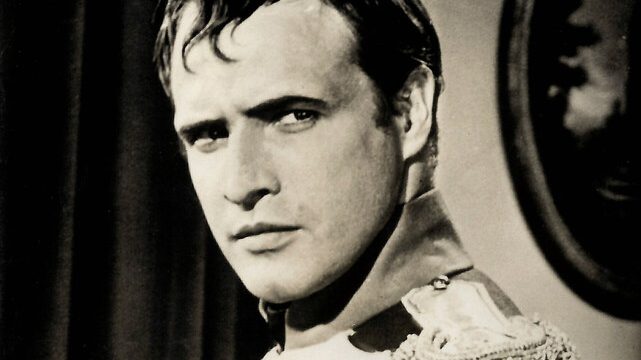
Unhappy about co-starring alongside Bella Darvi, Marlon Brando did his level best to turn the production of 1954’s The Egyptian into a nightmare for everyone involved. Although Fox replaced Brando in the film, they also decided to sue the actor. In order to escape financial consequences, Brando agreed to star in Desirée – and promptly made production a nightmare all over again.
Keanu Reeves claims his signature was forged on a contract for The Watcher
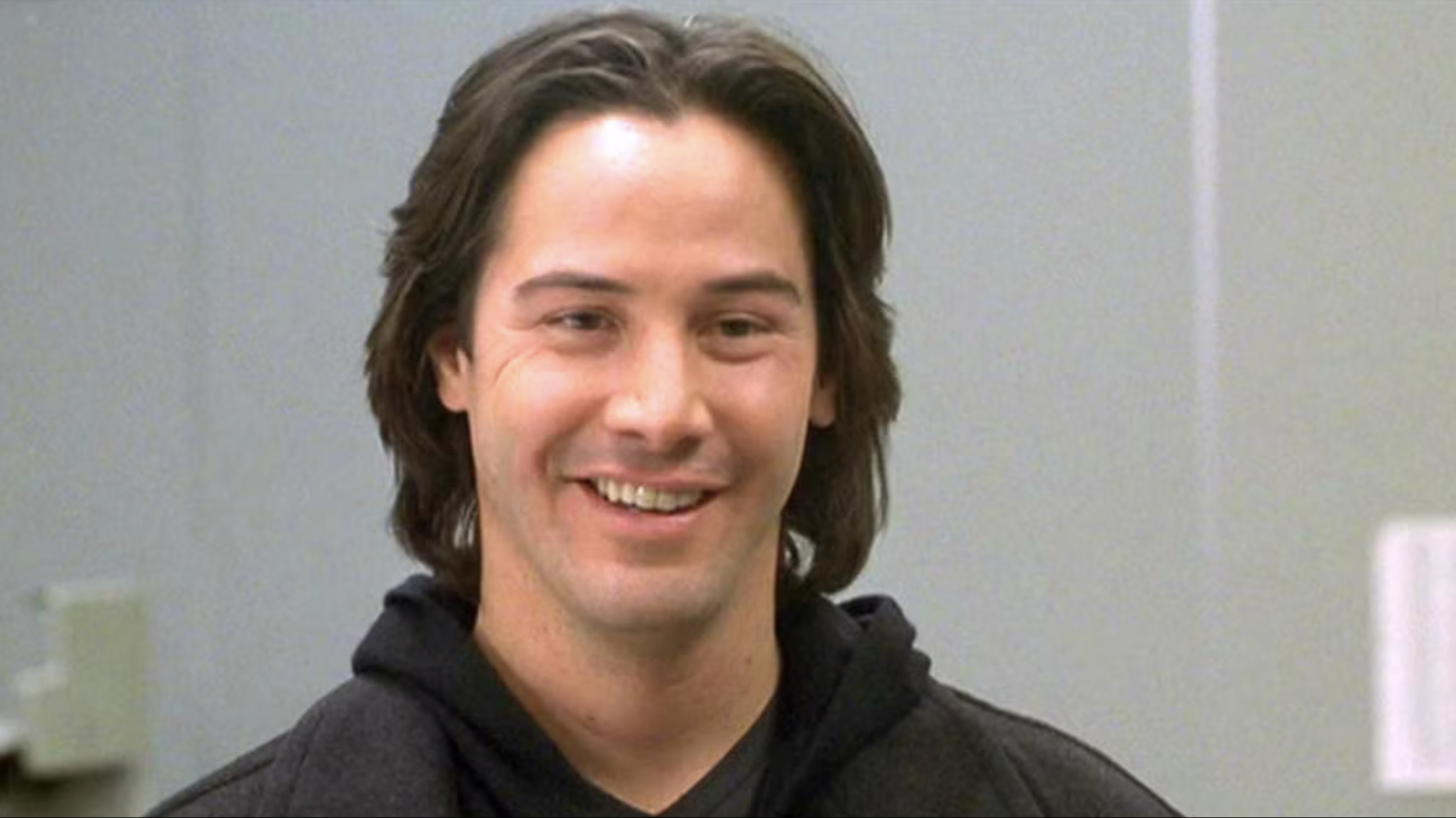
After reading the script for The Watcher, Keanu Reeves sensibly turned the film down. Undeterred, Joe Carbonic – the movie’s director, and ostensibly Reeves’ friend – simply forged his signature. While obviously furious, Reeves didn’t have the appetite for a protracted court case, so he starred in the movie, which inevitably turned out to be flop.
Bill Murray regretted signing on for Garfield
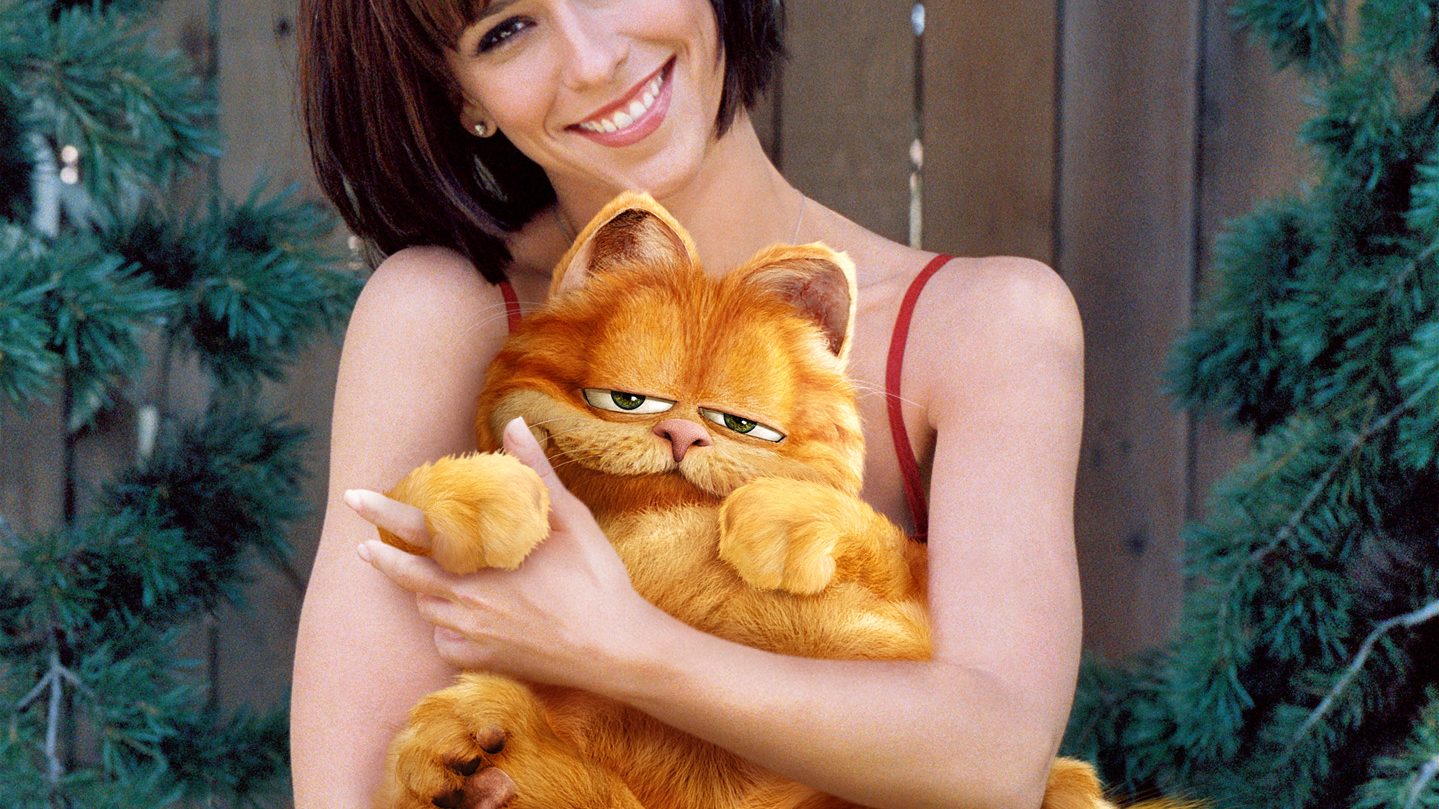
Having publicly stated his interest in voicing a cartoon, Bill Murray almost immediately accepted when he was offered the lead role in 2004’s Garfield. Murray later confessed that he’d mistakenly believed that Joel Cohen – who wrote the movie – was one of the Coen brothers. When he learned that he wasn’t, he tried to jump ship, but it was too late to get out of his contract.
Marvin Gaye recorded an album to pay his alimony
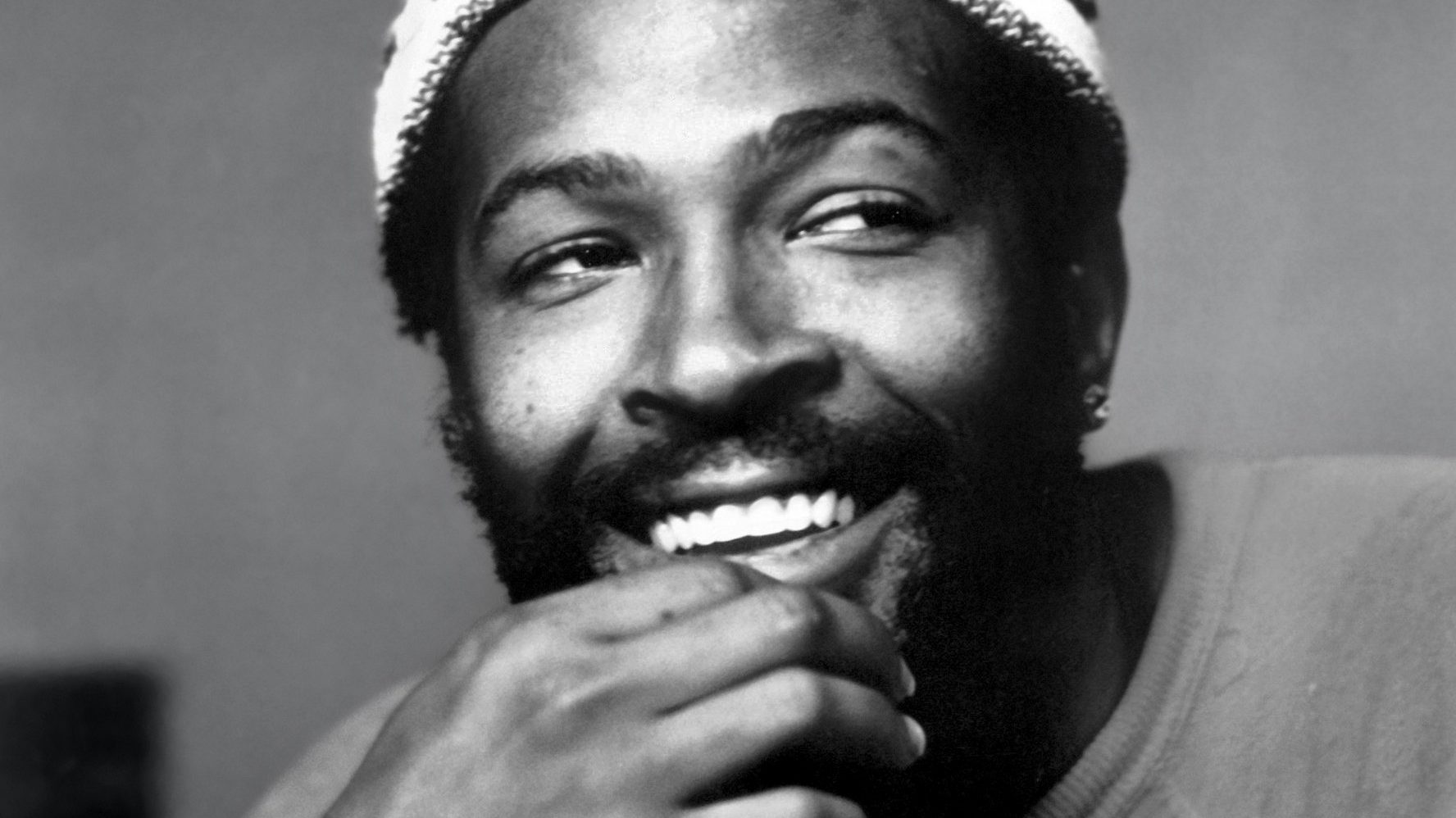
In the late 70s, Marvin Gaye was so broke that he couldn’t afford the alimony payments to his ex wife, Anna Gordy. In order to avoid a lawsuit, Gaye agreed to record an album, with half of the royalties going straight to Gordy. While the album – titled Here, My Dear – flopped (which was Gaye’s intention), it’s since come to be regarded as a masterpiece.
Paramount forced Edward Norton to make The Italian Job
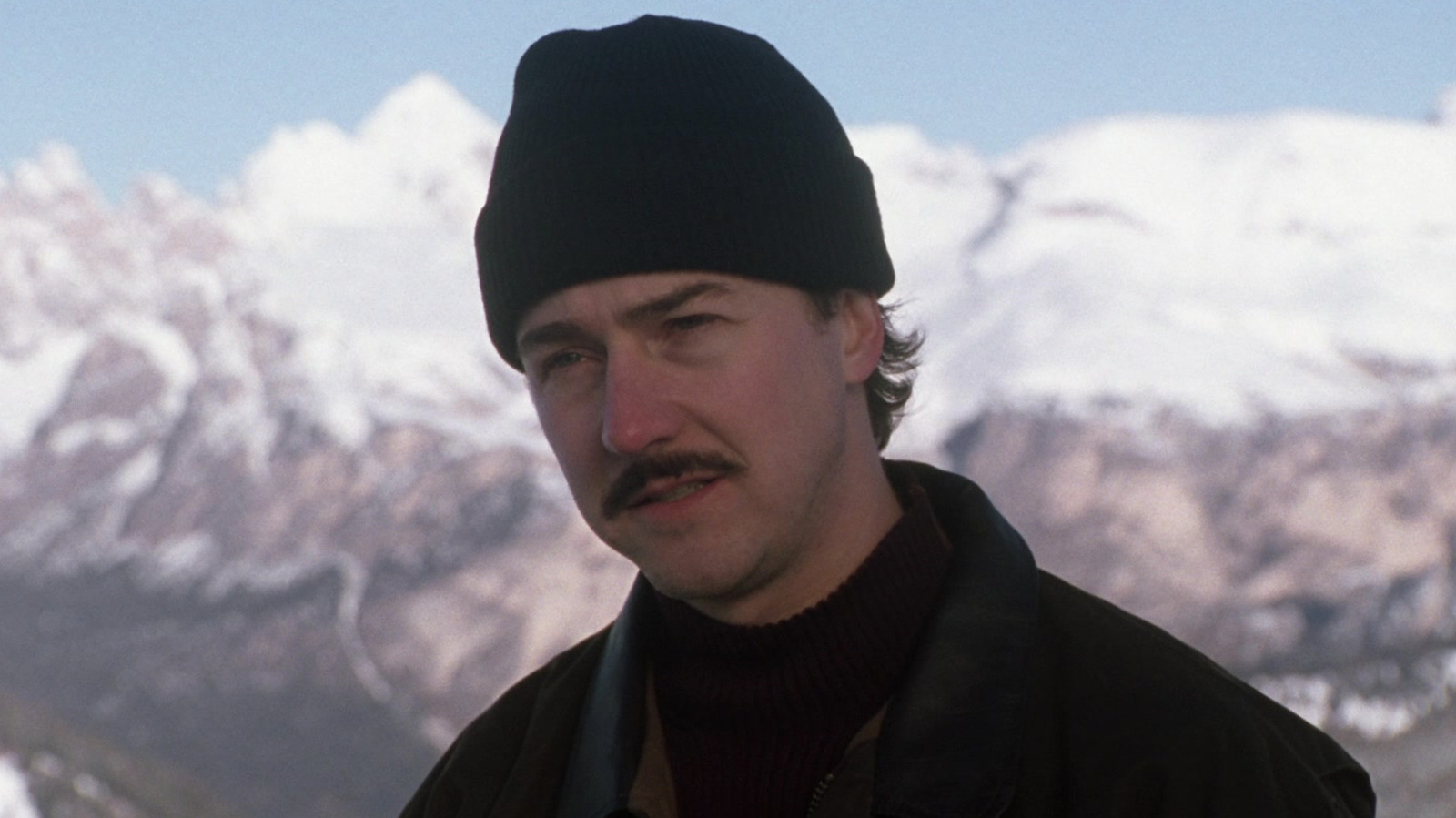
In order to land his role in 1996’s Primal Fear, Edward Norton signed a three picture deal with Paramount. The actor was less-than thrilled, however, when the studio called in this deal to make him star in 2003’s The Italian Job. Norton didn’t even bother trying to disguise his disdain for the film, and he regularly trashed it in the press.
Val Kilmer didn’t want to make Top Gun
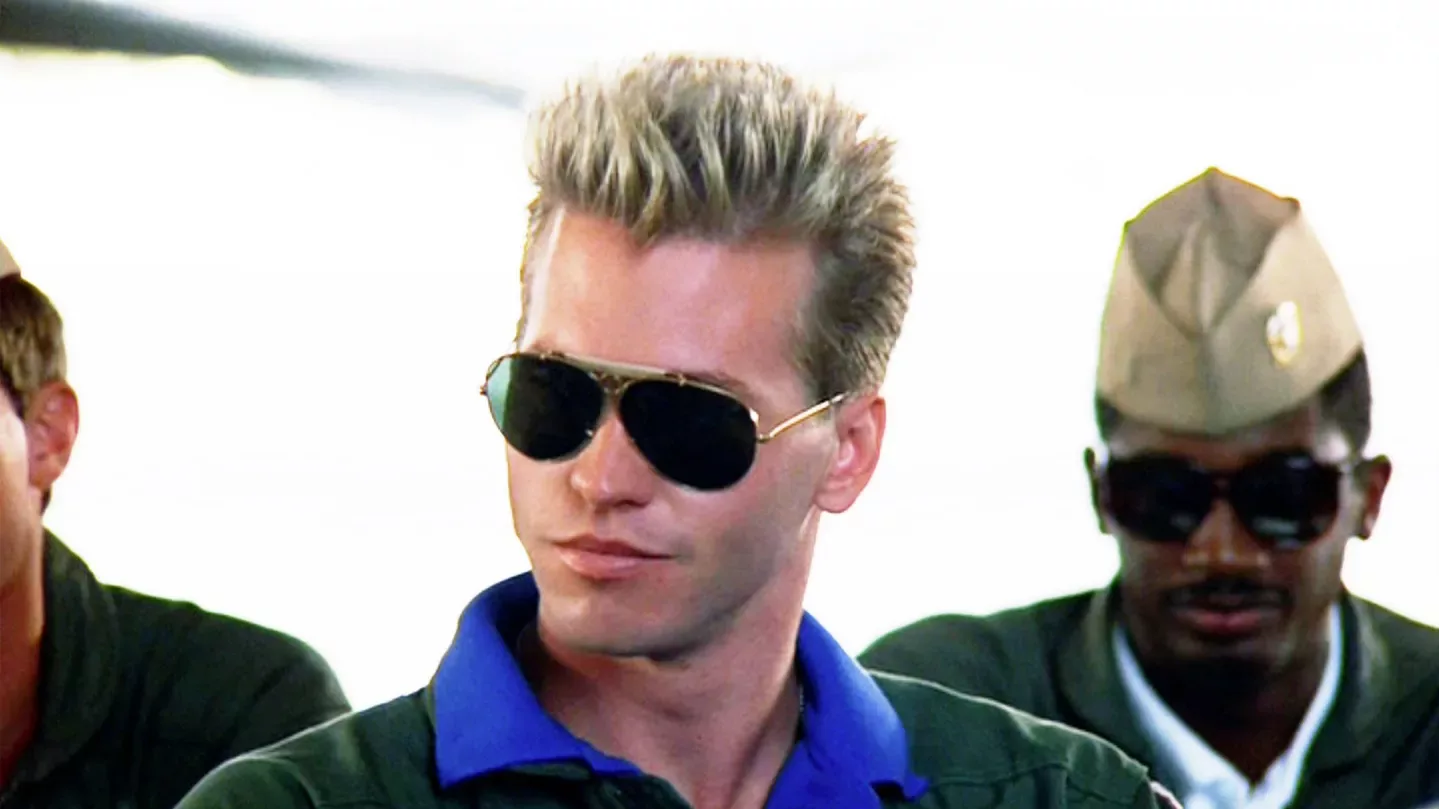
Even though he didn’t want to appear in an action movie, Val Kilmer was forced to audition for Top Gun by Paramount. The actor deliberately tried to blow the audition, but he was handed the role anyway, and the studio forced him to take it. In the end, however, Kilmer had a great time working on the movie, and the role is one of his most iconic.
Buffalo Springfield were forced into recording Last Time Around
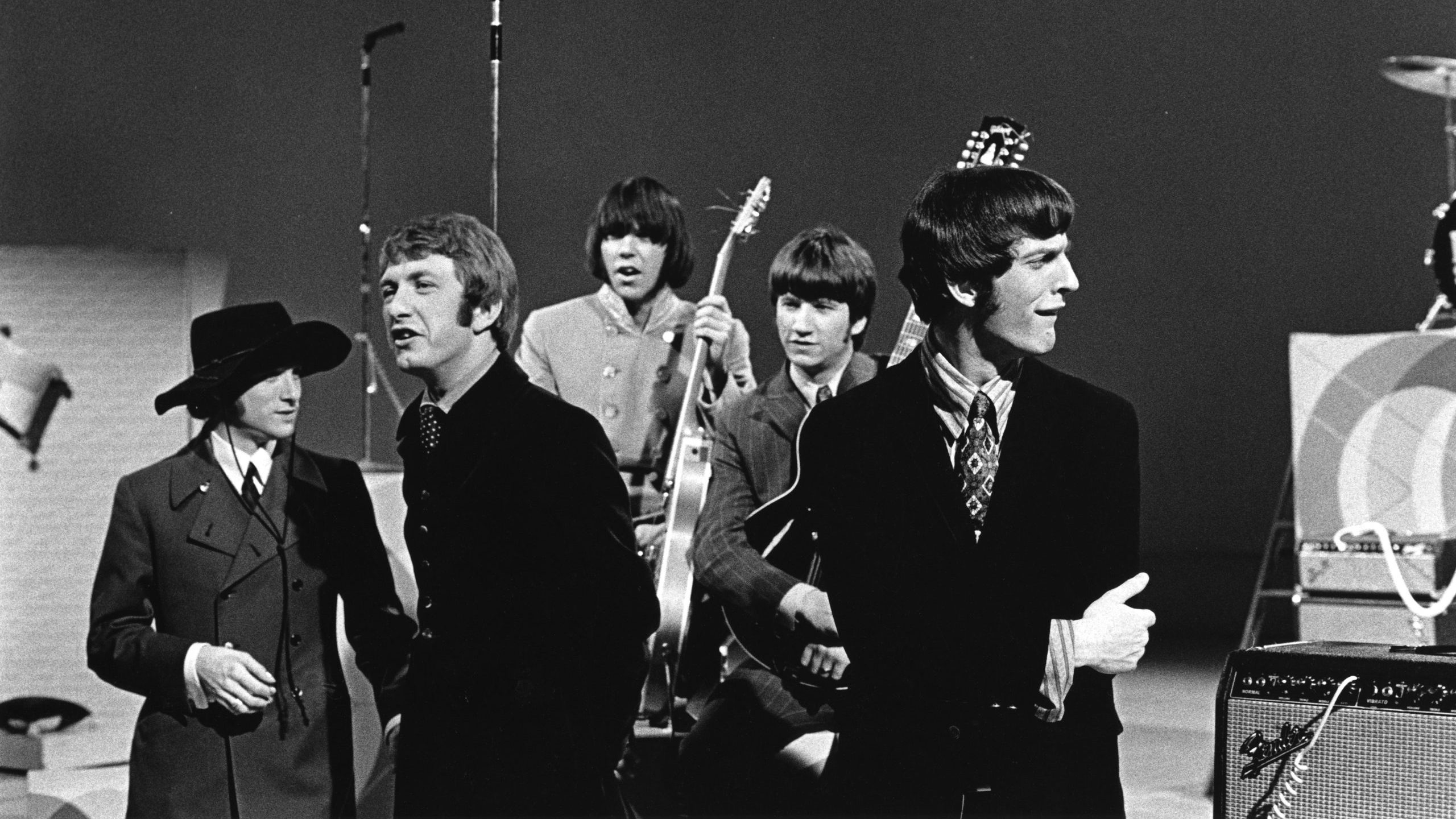
Buffalo Springfield boasted an all-star lineup, but that ultimately proved to be the band’s undoing. Amidst chaos and infighting driven by oversized egos, Buffalo Springfield decided to call it a day, but their label demanded they release one last record. The appropriately titled Last Time Around was the cobbled together result, and there are no songs on the album which feature all the members of the band together.
Geena Davis tried to get out of Cutthroat Island
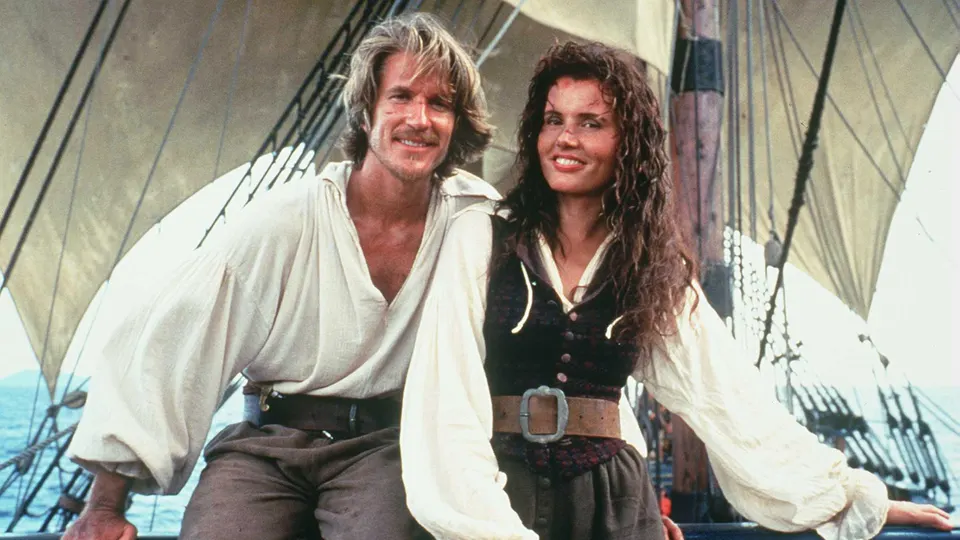
When Geena Davis signed on for Cutthroat Island, she did so because Michael Douglas had agreed to co-star; when he dropped out, Davis tried to do the same. Carolco Pictures strong-armed her into staying with the threat of legal action, and Davis had no choice but to star in a movie which was so bad it almost tanked her career.
Daniel Craig didn’t want to play James Bond

While landing the role of 007 would be a dream come true for many actors, Daniel Craig only reluctantly accepted the job, and it wasn’t long before he wanted out. Sick of playing a character he vehemently hated, Craig repeatedly – and publicly – tried to wriggle out of his contract. Finally, after years of Craig complaining loudly to the press, the studio killed his Bond off.
Mamas & the Papas were forced to record an album
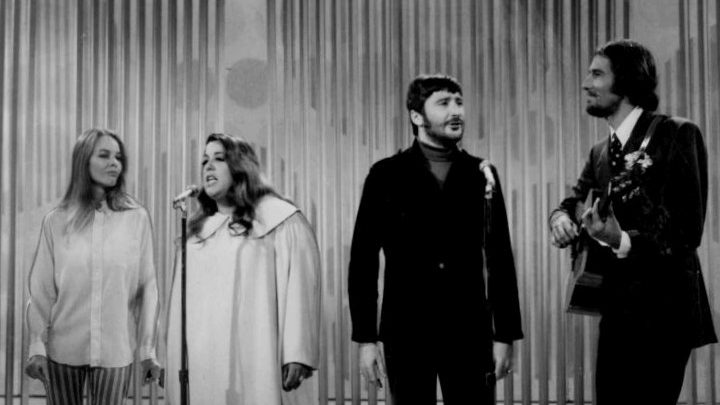
When Dunhill – the record label that Mamas & the Papas had been signed to – was bought by ABC, a lawyer realized that the band’s contract still required them to make one more album. Even though they’d already split up, the group were forced to create another album under the threat of a lawsuit, and the result is as underwhelming as you’d expect.
The Band were forced to make Islands
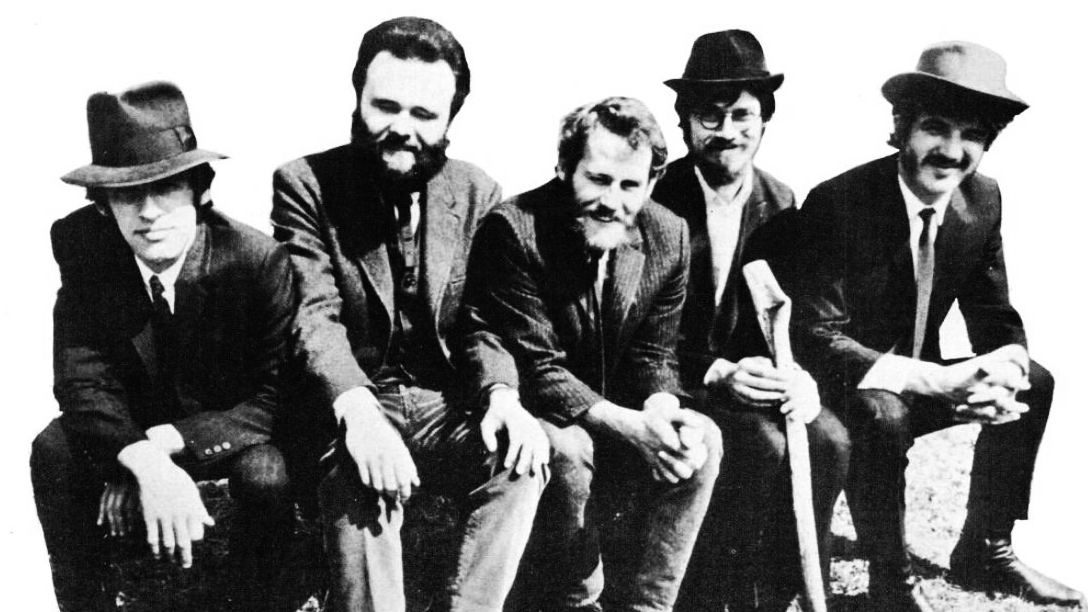
After The Band decided to call it a day in the 70s, they performed one final gig, which immediately went down as legendary. Before they could release the recording of the event, however, they had to provide Capitol Records with one final album. The Band rushed together 1977’s Islands, which – while not exactly terrible – was far from their best work.
Channing Tatum was forced to make G.I. Joe: The Rise of Cobra
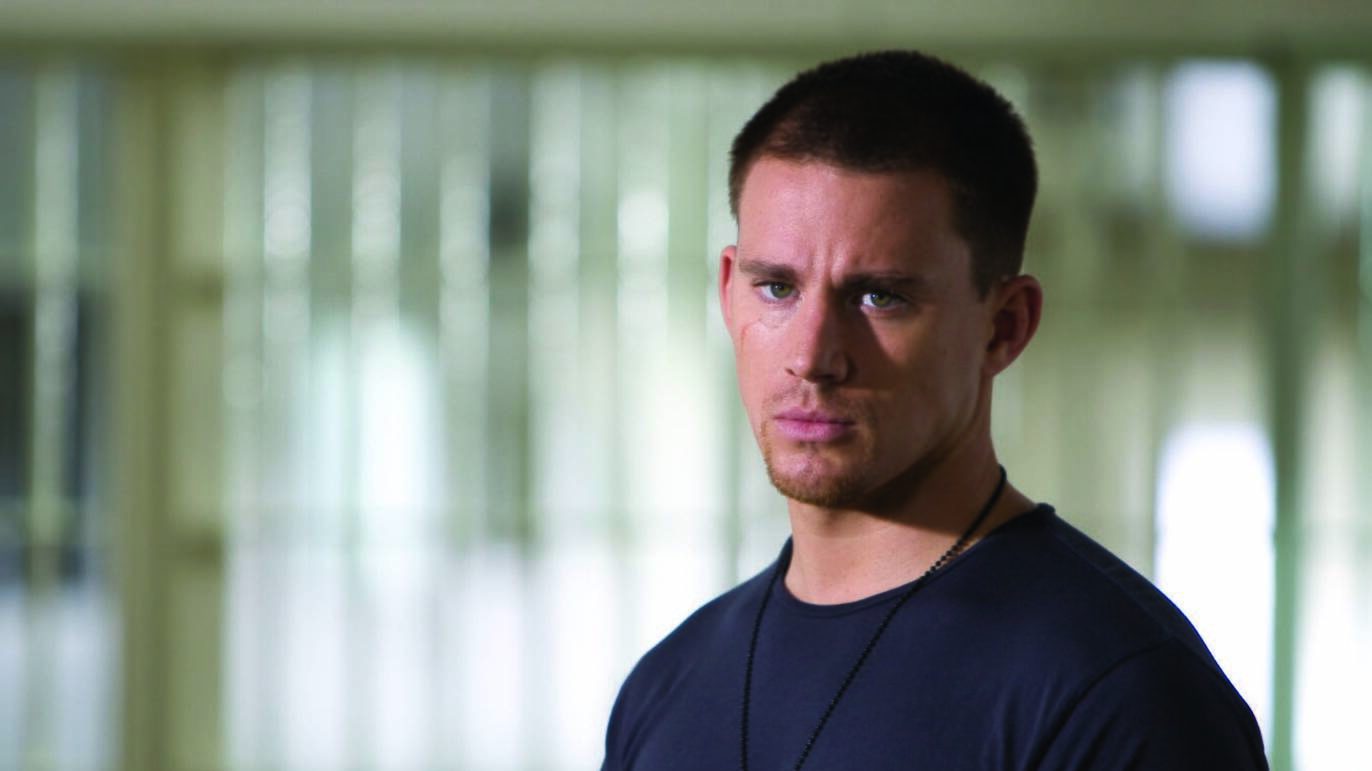
After Channing Tatum turned down G.I. Joe: The Rise of Cobra a total of seven times, Paramount Pictures threatened to sue him for breaching a three picture deal he had already signed. Tatum reluctantly signed on, but he’s been completely frank about his hatred for the movie ever since.
Matt Damon didn’t want to reprise the role of Jason Bourne
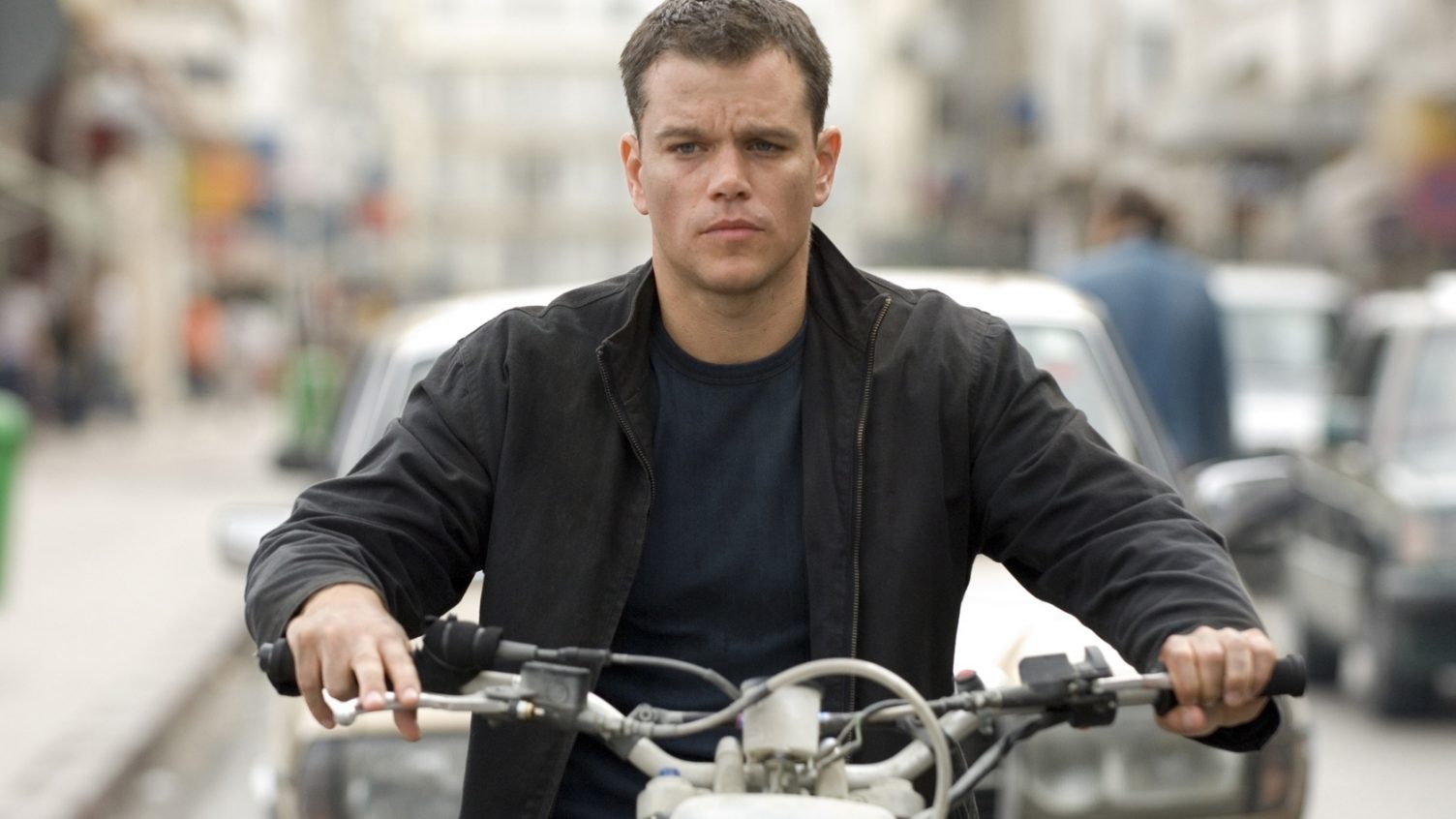
While the Jason Bourne trilogy completely reinvented the thriller genre, most fans agree that the quality dropped in the third instalment. Matt Damon apparently labelled The Bourne Ultimatum’s script “embarrassing” and “unreadable,” but – tied into a watertight contract – there was nothing he could do but go along for the ride.
Warner Bros. wouldn’t let Frank Zappa leave
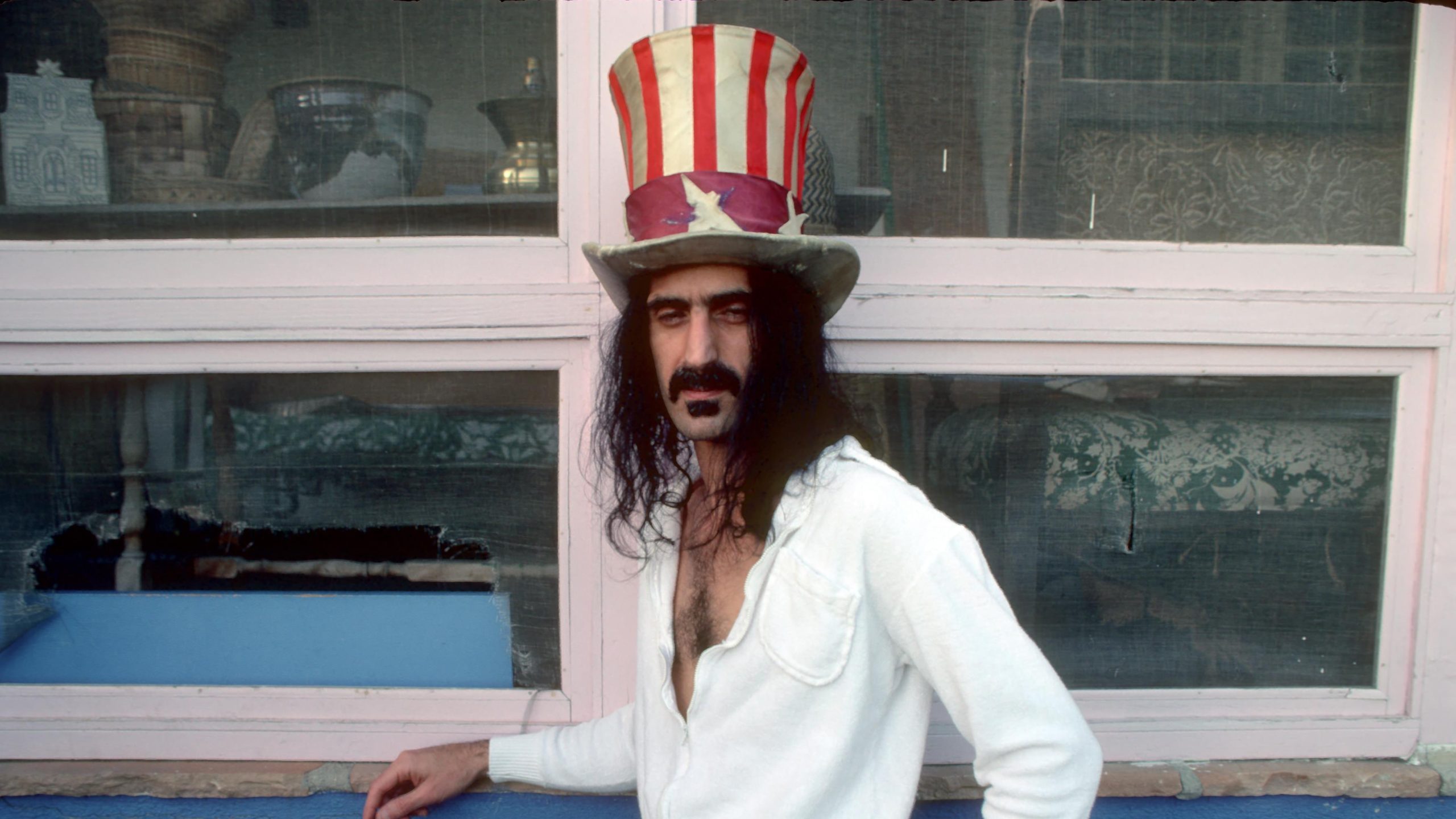
In an attempt to get out of his four-album deal with Warner Bros., Frank Zappa recorded Läther, a three-hour, eight-sided album, and then reformatted it into four separate albums. Warner weren’t having it, however, and tried to force Zappa to record more music. In response, the musician played all of his material live on radio, encouraging listeners to tape and sell it.
Jennifer Garner was forced into making Elektra
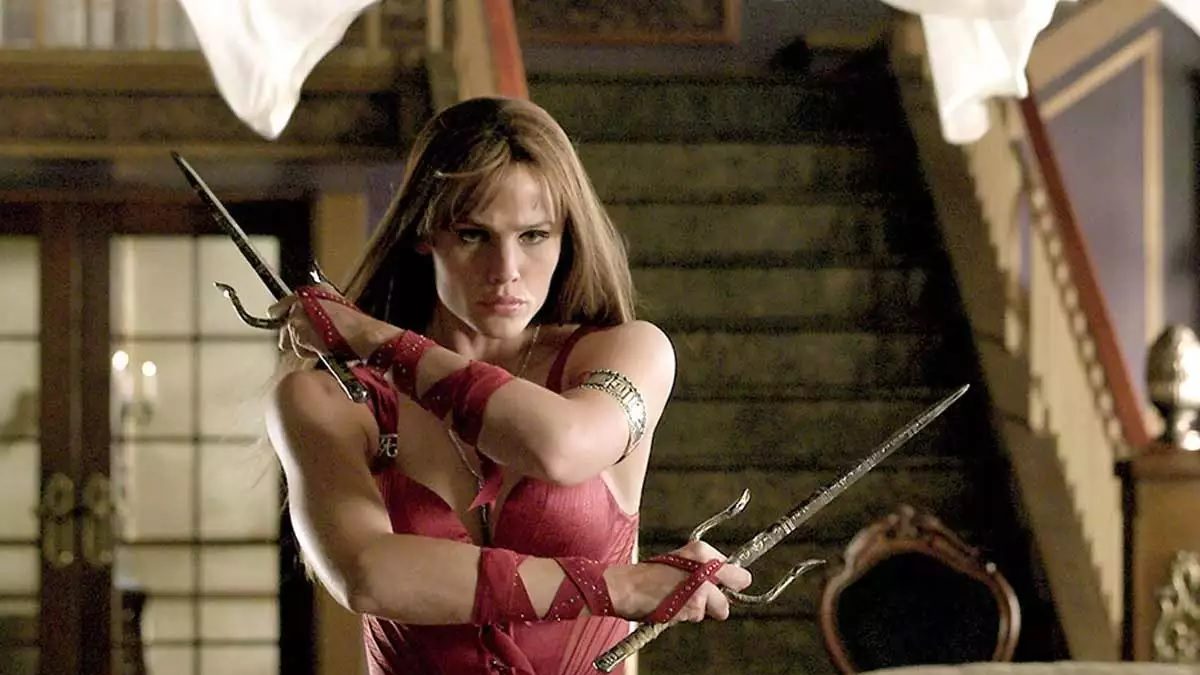
While Jennifer Garner was initially excited about the prospect of making Elektra – a spinoff of 2003’s Daredevil – that excitement soon turned to dread when Mark Steven Johnson was replaced as writer and director. Unable to get out of her contractual obligations, Garner was forced to see the ill-fated project through.
Mike Myers didn’t want to make The Cat in the Hat
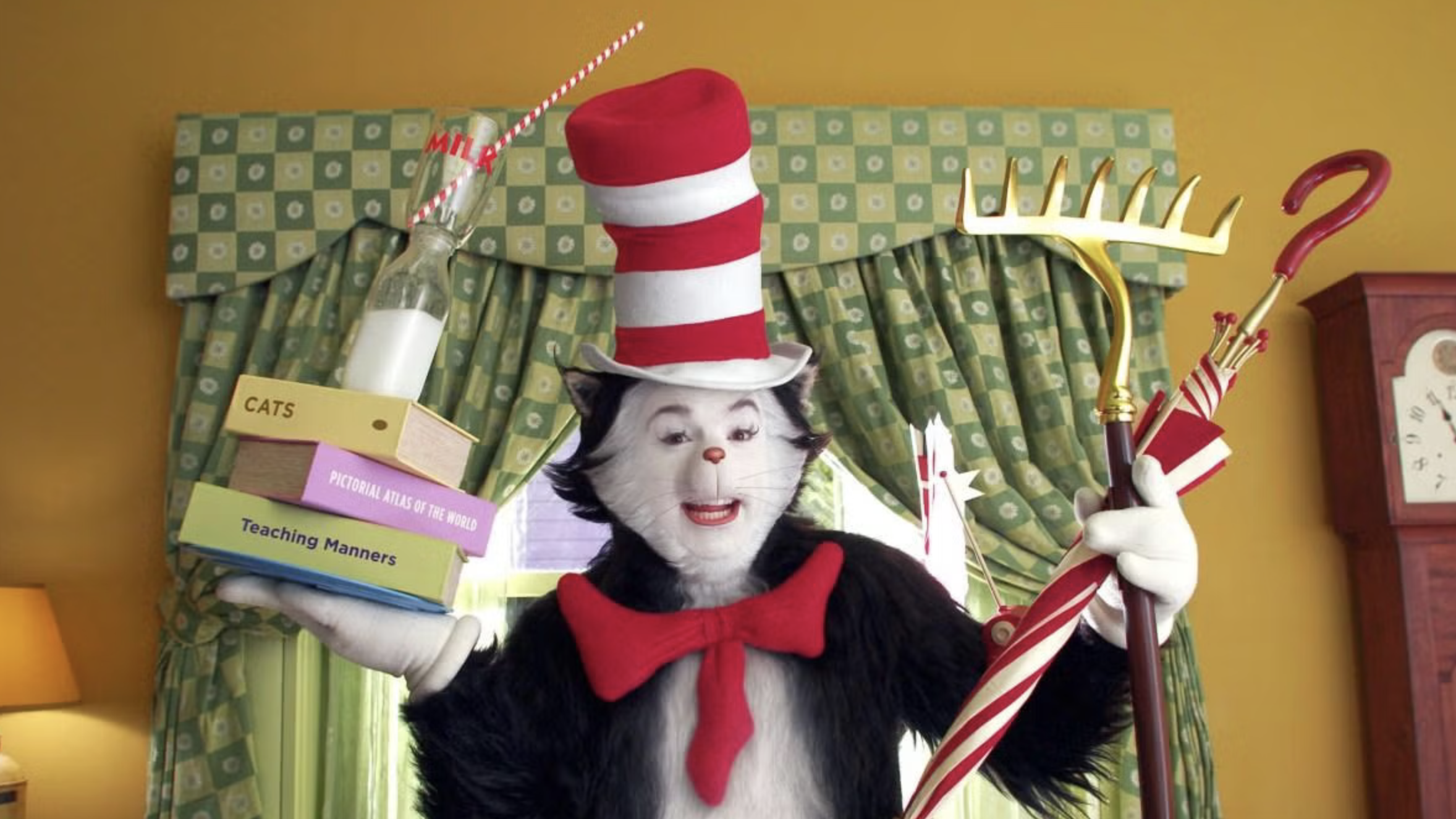
After the success of Austin Powers, Mike Myers signed a deal with Universal to make a movie based on one of his SNL characters. When the actor read the script, however, he balked and refused to star. Cue several years of legal wrangling, which eventually ended in a bitter Myers being forced to appear in a live action adaptation of The Cat in the Hat.
Natalie Portman wanted out of Thor: The Dark World

After turning in a well-received performance in 2011’s Thor, Natalie Portman signed on for the sequel. The actress successfully pushed for Patty Jenkins to helm the project, but when the director dropped out due to concerns about the quality of writing, Portman also tried to bail. Marvel insisted that the actress fulfil her contractual obligations, leading to a few years of bad blood before Portman finally reprised the role again.
Shia LaBeouf didn’t want to make a third Transformers
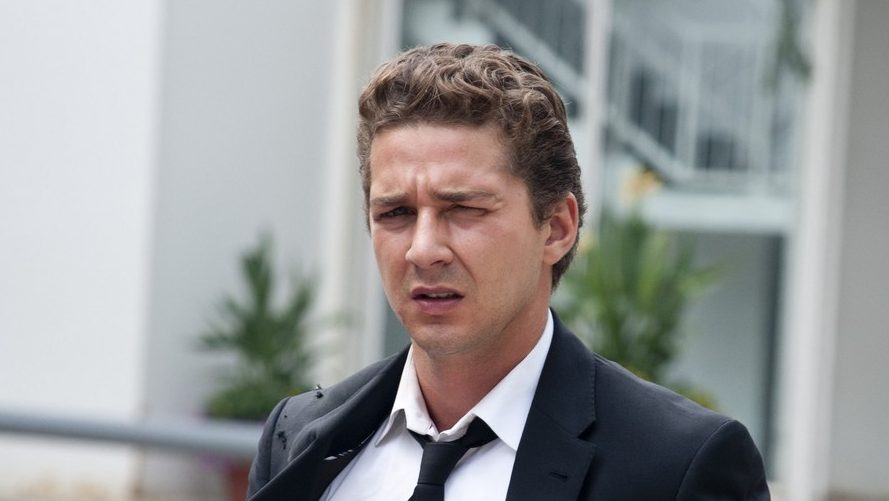
The first Transformers movie turned Shia LaBeouf into a superstar, but he had to sign a three picture deal to get the role. This proved to be a problem after the actor hated the second film, publicly deriding it and lambasting Michael Bay. Unfazed, the studio insisted LaBeouf star in the third sequel, which – under the shadow of legal action – he reluctantly did.
David Bowie was forced to make Scary Monsters and Super Creeps
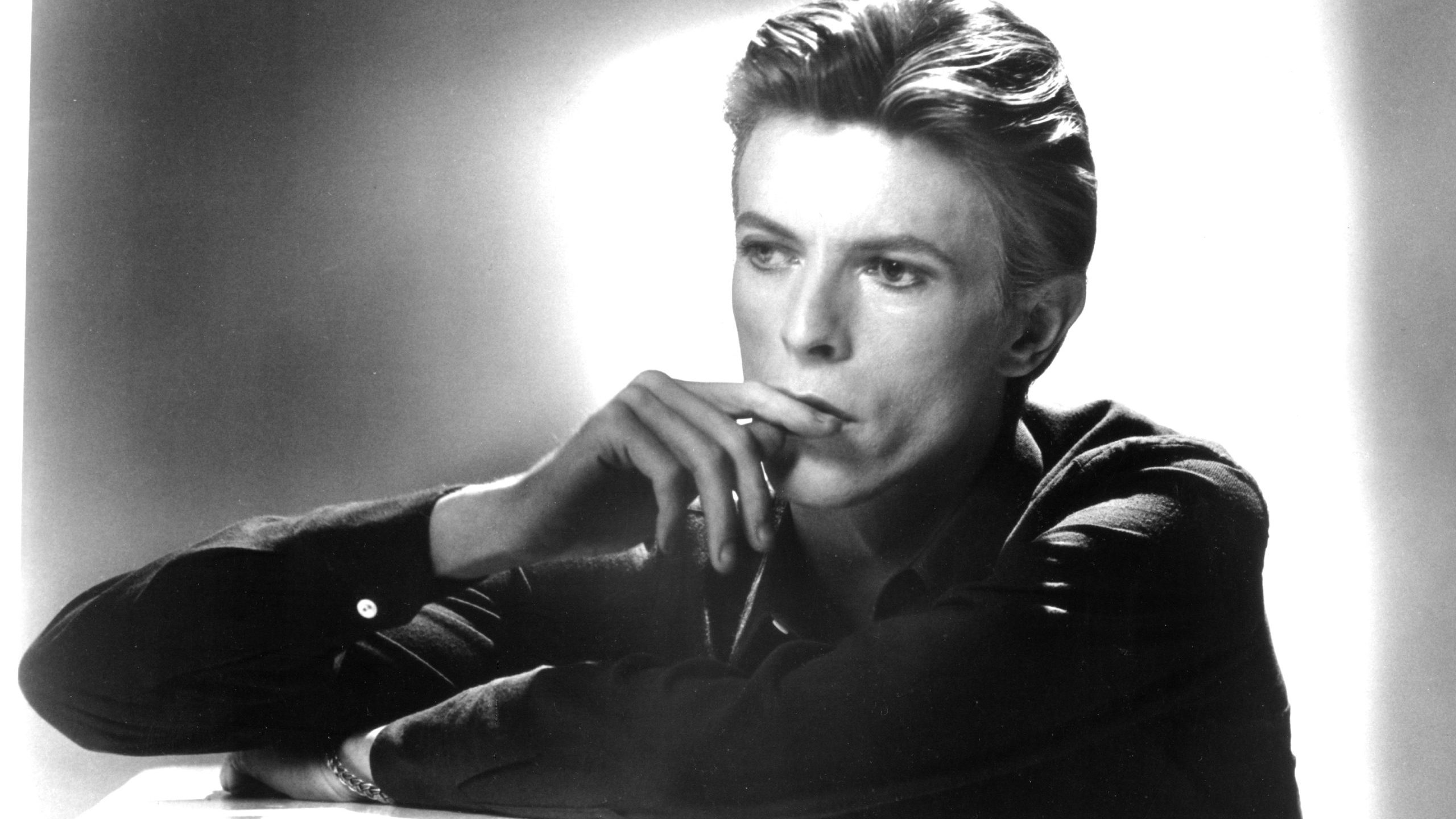
In an attempt to get out his two-record deal with RCA, David Bowie released Lodger, a double-sided album that was met with critical acclaim. The label refused to count it as two albums, however, so Bowie was forced to release a final record with RCA. Instead of phoning it in, Bowie recorded Scary Monsters and Super Creeps, widely considered one of his finest works.
Jessica Alba nearly quit acting because of the Fantastic Four movies
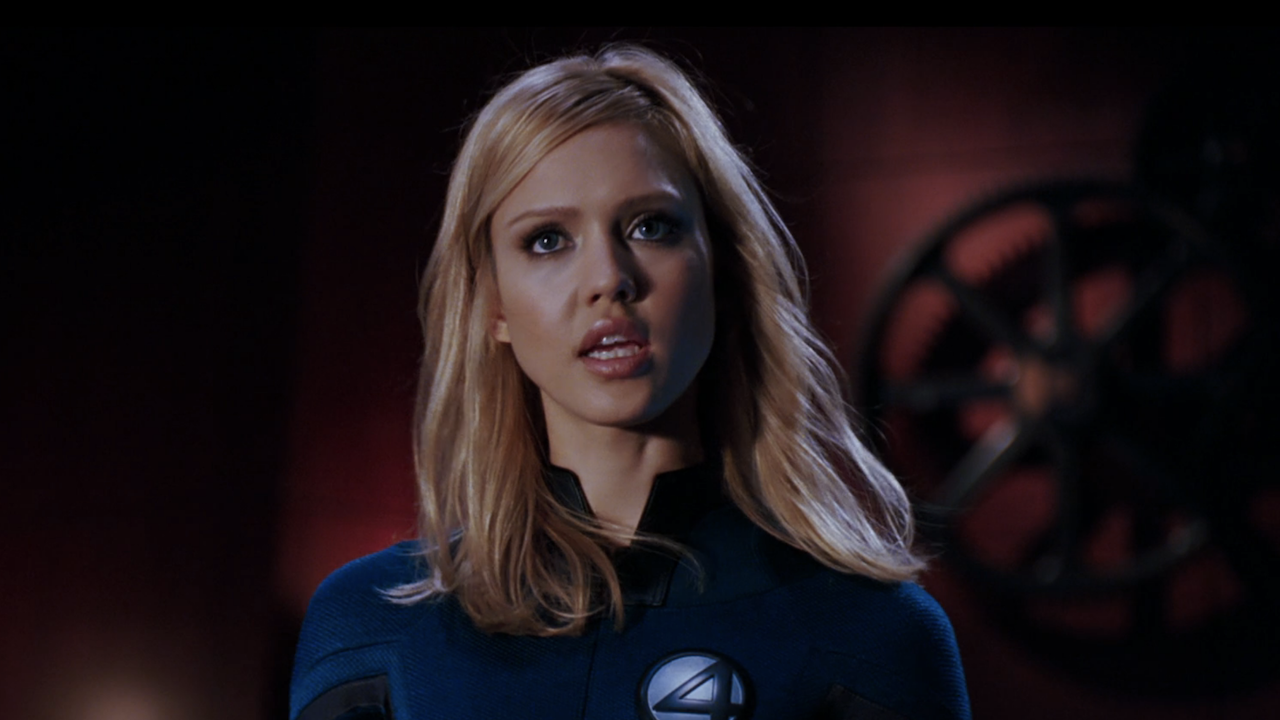
After the first Fantastic Four movie was widely panned by critics and fans alike, Jessica Alba desperately tried to get out of reprising her role in the sequel. Fox, to put it mildly, weren’t having it. Threatened with a lawsuit, Alba agreed to honor her three-picture deal, an experience which almost caused her to quit acting. Fortunately, the film was such a flop that the planned third sequel was axed.
Ben Folds was stuck in an absurdly specific deal
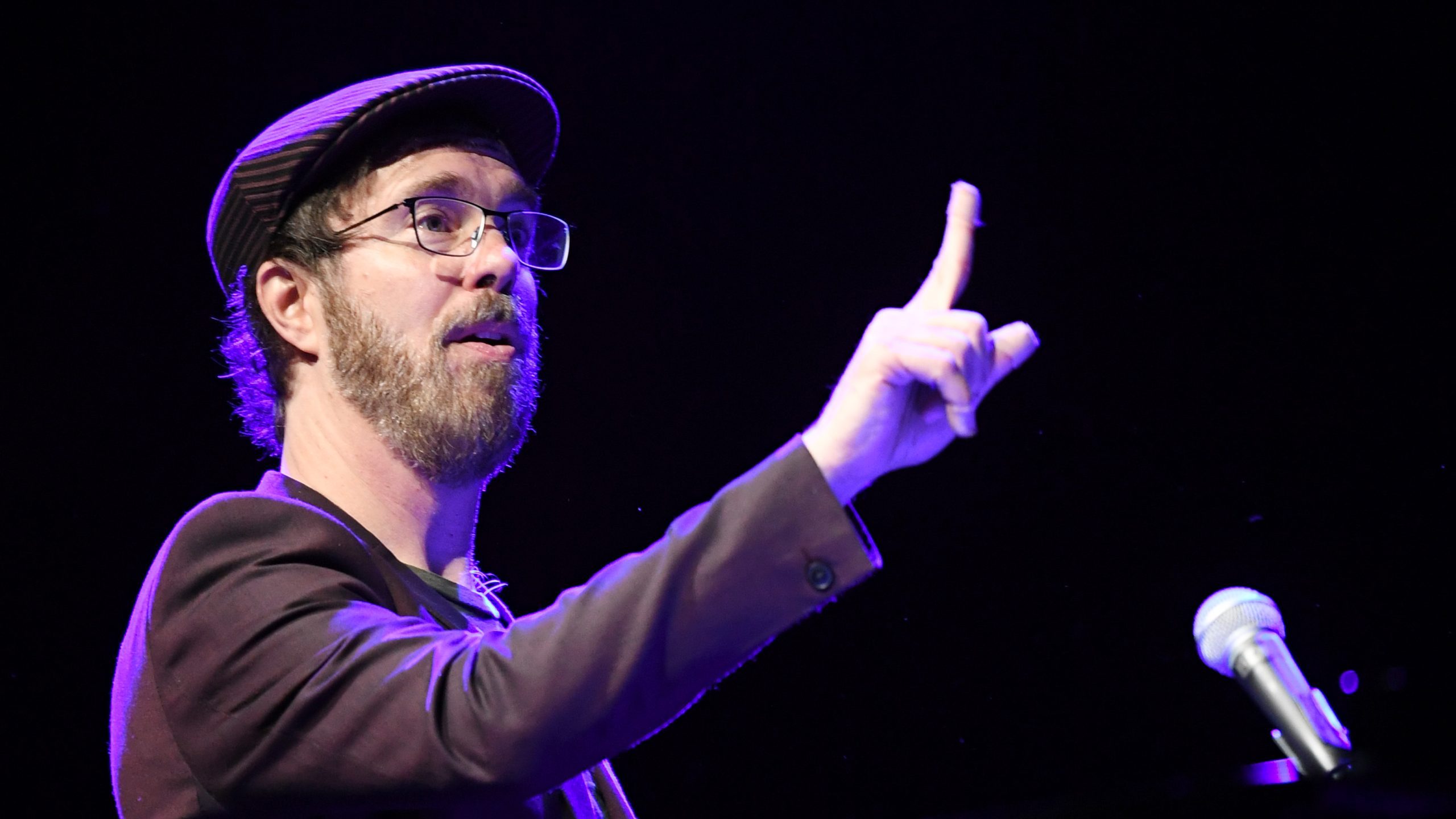
Like many artists, Ben Folds signed a label deal early in his career that he came to deeply regret. His contract not only stipulated what kind of music he could make, but exactly how many songs he had to record in a year. Folds mocked the deal in his 2009 record One Down, in which he took shots at his label and addressed the temptation to record junk.
Patrick Stewart took Wild Geese II because he was too broke to turn it down
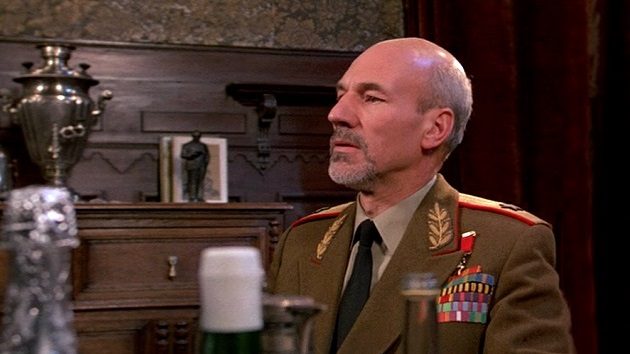
In the early 80s, Patrick Stewart was still struggling to make it in Hollywood, and he on the verge of bankruptcy. After his agent found him a role in 1978’s Wild Geese II, the actor reluctantly accepted the job because he needed money to replace some broken windows in his home.
Brad Pitt was forced to make Troy
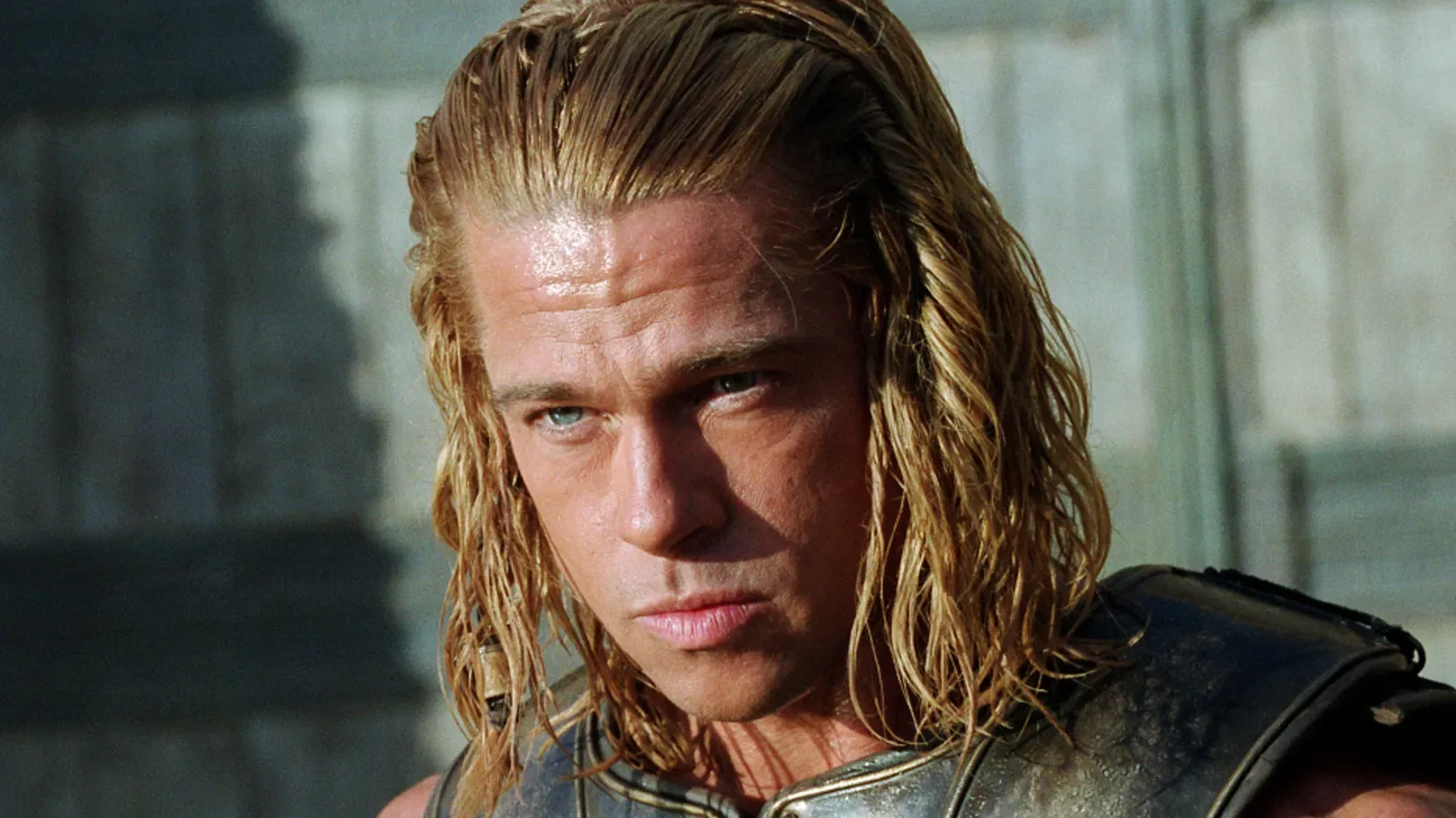
In a 2019 interview with The New York Times, Brad Pitt explained why he appeared in Troy, widely considered one of the worst movies in his filmography. ‘I pulled out of another movie and then had to do something for the studio,’ Pitt told the newspaper. The actor went on to add that the experience made him vow to only appear in quality films from that point on.
Ryan Reynolds was pressured into X-Men Origins: Wolverine
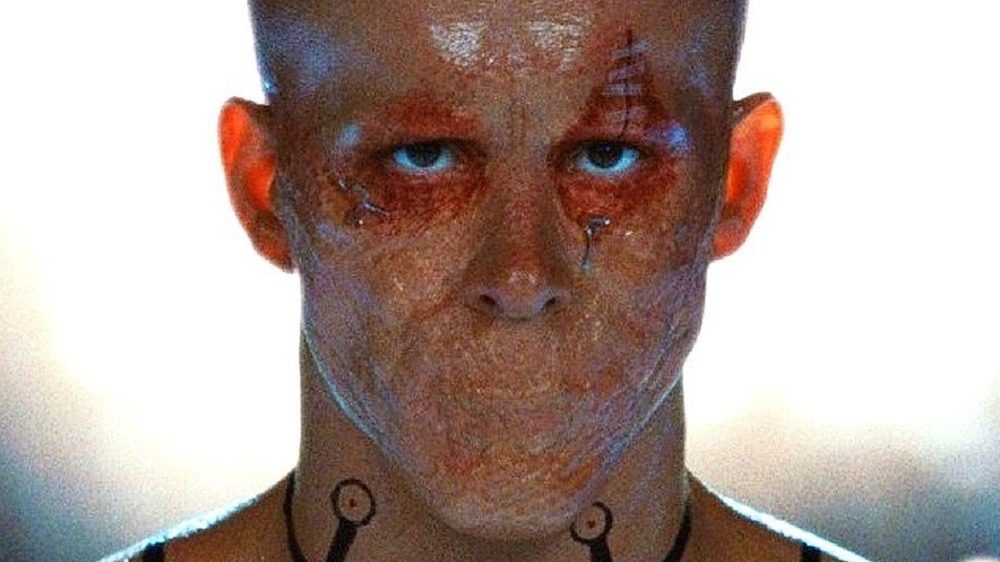
Ryan Reynolds had already signed up for a solo Deadpool movie when he was approached to appear as the character in X-Men Origins: Wolverine. After reading the script, Reynolds realized how terrible it was, and tried to pass. The studio then insinuated that they’d get someone else for the role and Reynolds – afraid of losing out on the solo movie – reluctantly agreed to appear.
Natalie Wood didn’t want to be in The Searchers
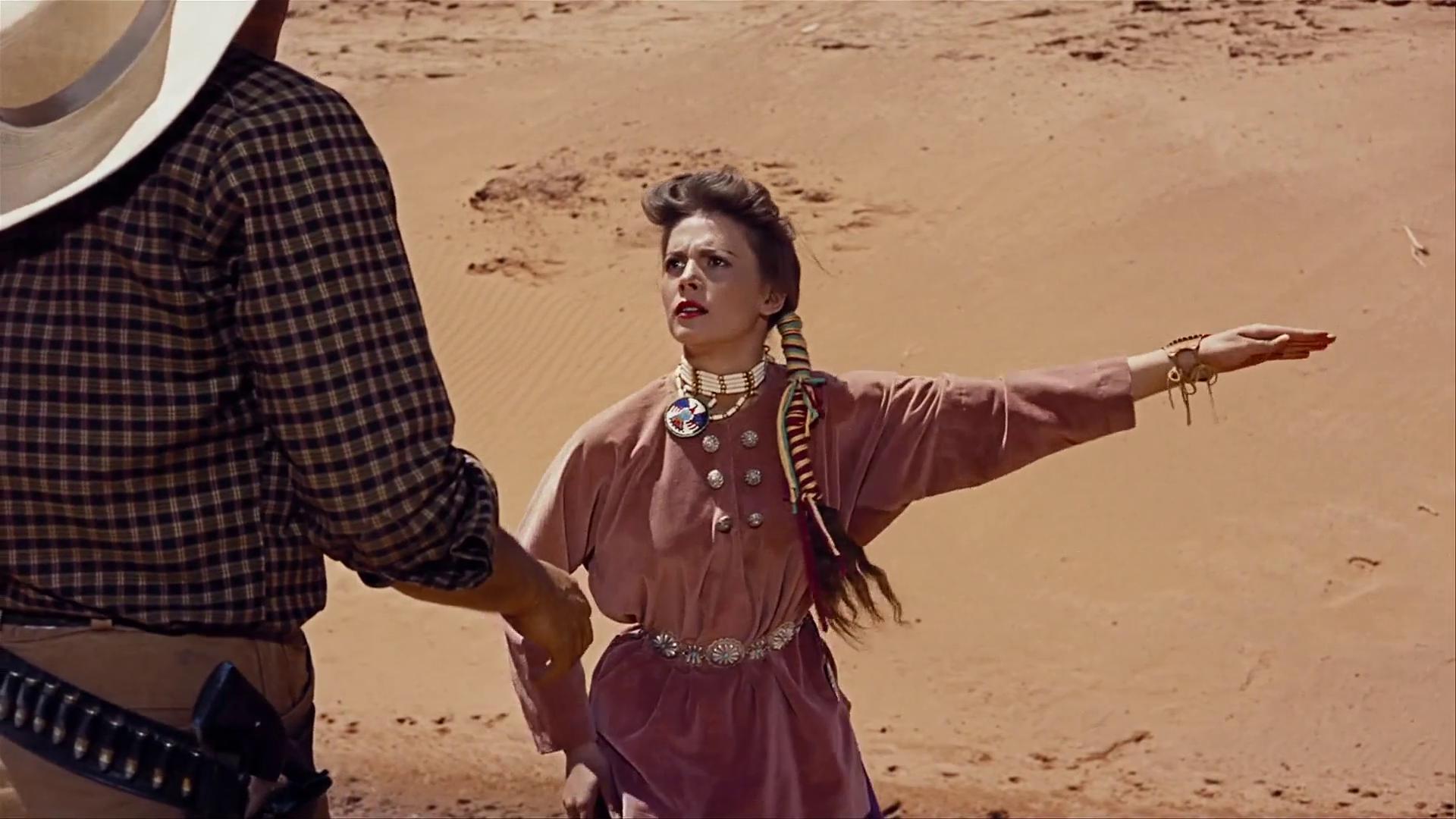
During Hollywood’s early years, the film industry was run according to the “studio system,” under which actors were contracted to specific studios and couldn’t pick their projects. One victim of this system was Natalie Wood, who, in 1956, was forced to appear in The Searchers. The actress felt she wasn’t right for the part, but the studio insisted she take it anyway.
Paul Bettany was tricked into Dogville
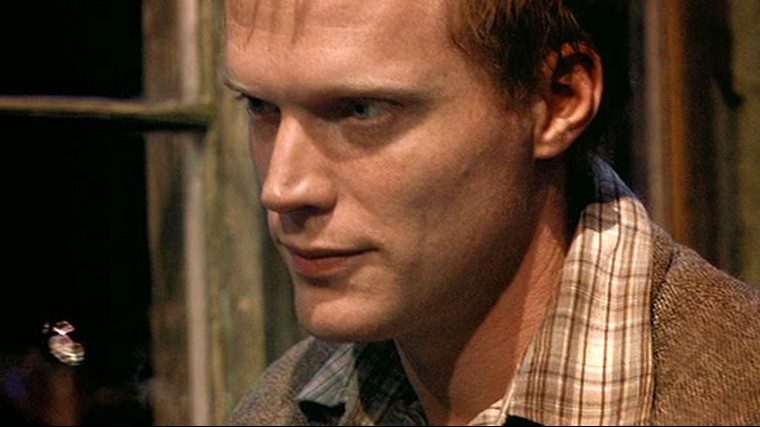
In a 2011 interview with The Guardian, Paul Bettany revealed that he had only starred in Lars Von Trier’s experimental movie Dogville because Stellan Skarsgård told him it would be fun. The experience proved to be anything but, with Bettany finding it hard to work with Triers, who treated him like “a puppet.” Skarsgård eventually confessed to Bettany that he just didn’t want to do the movie without him.
David Hyde Pierce got stuck doing a voiceover for Hellboy
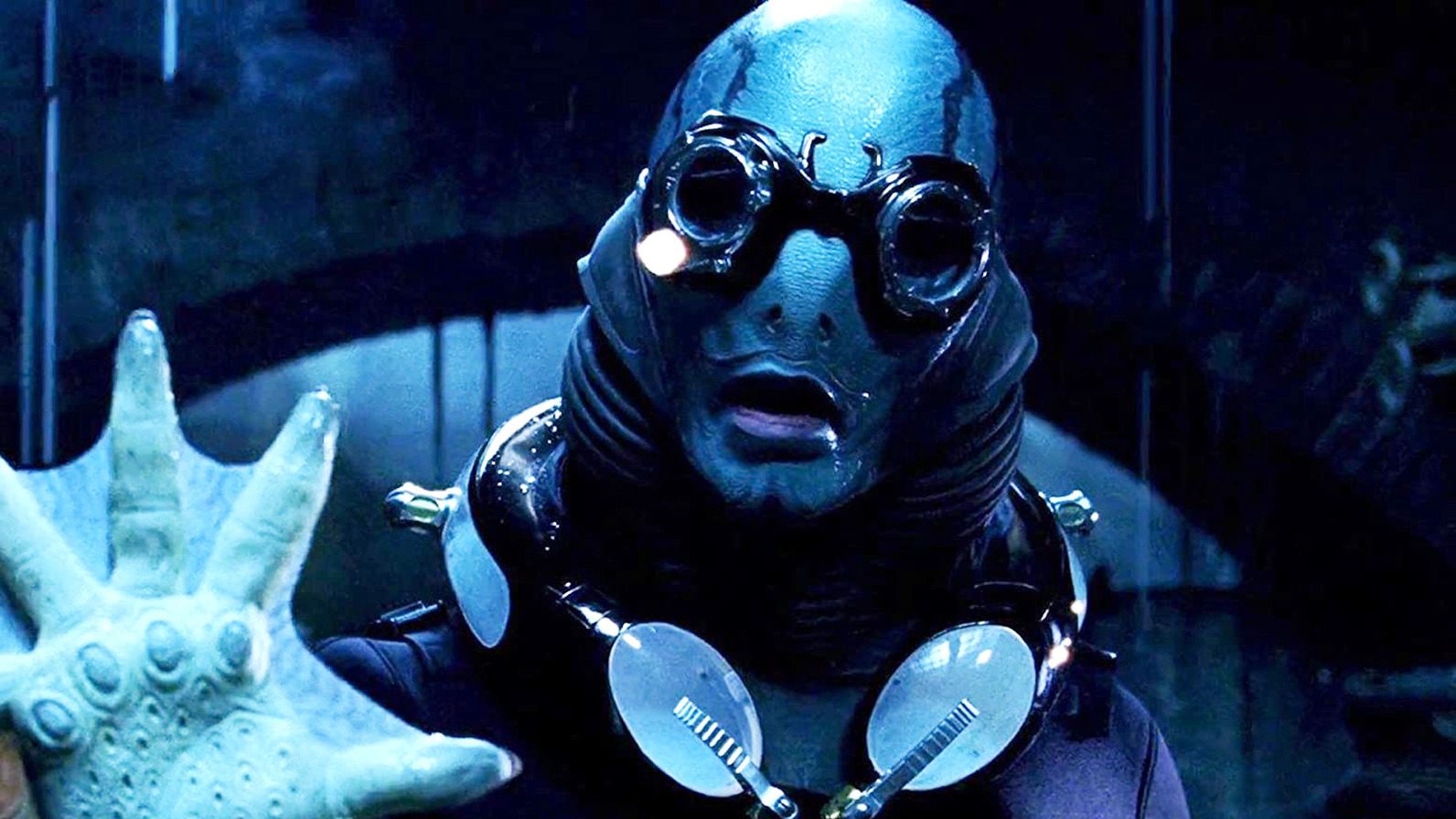
While Doug Jones was initially cast as Abe Sapien in 2004’s Hellboy, the studio decided to bring in David Hyde Pierce to revoice the character. Pierce initially thought he was just voicing over a random stuntman, but when he discovered he was overdubbing Jones he grew uncomfortable and tried to leave. His contract prevented him from doing so, but he refused to be credited.
Johnny Depp wanted to leave 21 Jump Street

Although he’s now one of the most famous stars on the planet, Johnny Depp was once deeply uncomfortable in the spotlight. Depp hated the attention he got after joining the cast of 21 Jump Street, and he soon tried to leave the show. When the producers wouldn’t release him from his contract, the actor tried to get fired with poor on-set behaviour, but this didn’t work either.
Ian McKellen got stuck making the Hobbit films
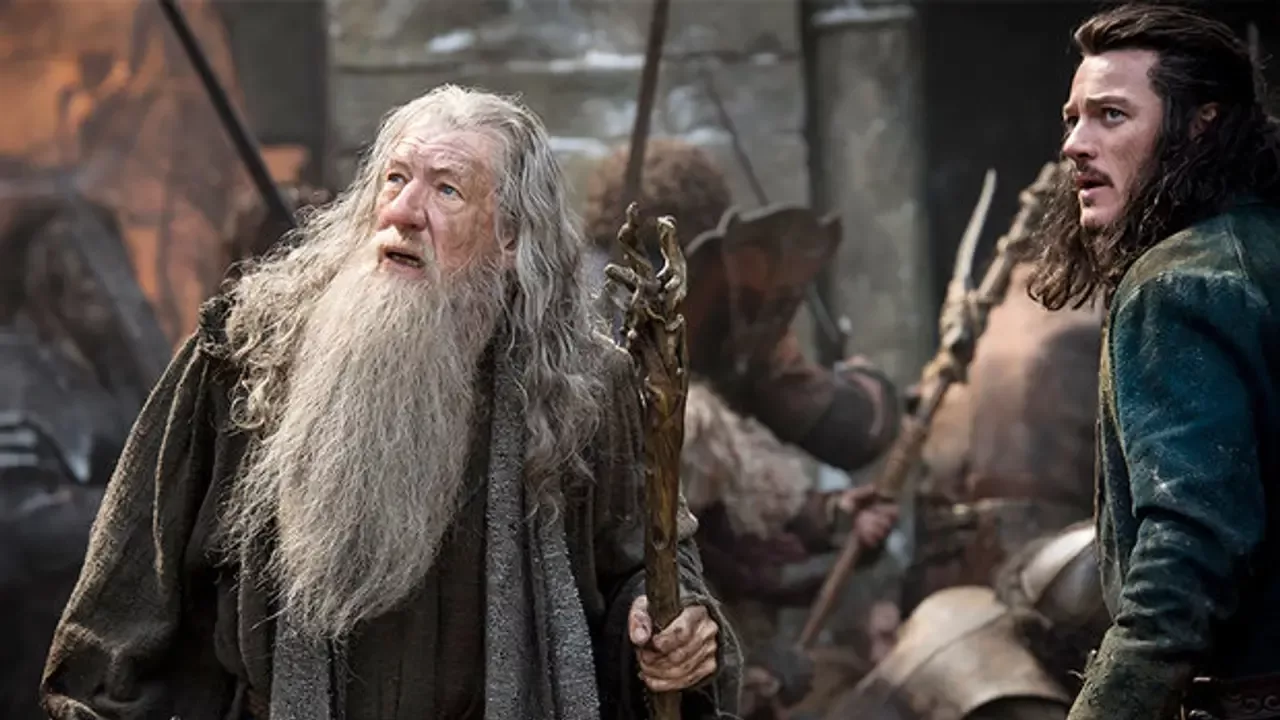
While Ian McKellen was initially thrilled to reprise the character of Gandalf for The Hobbit franchise, he soon ended up detesting the experience. While most of The Lord of the Rings was shot on location, The Hobbit was primarily filmed used green screens, which McKellen later described as “miserable.” Having signed on for the entire franchise, however, it was too late to back out.
The Rolling Stones had to make a track for Decca

Dissatisfied with Decca – the label they were signed to – The Rolling Stones tried to form their own record label in 1969. However, their contract stipulated that they still owed Decca a single track, and the label wasn’t in the mood to let them go for free. The band delivered the most outrageous record they could think of, commonly referred to as “C***sucker Blues” because of its lyrical content.
Robert Pattinson hated the Twilight franchise
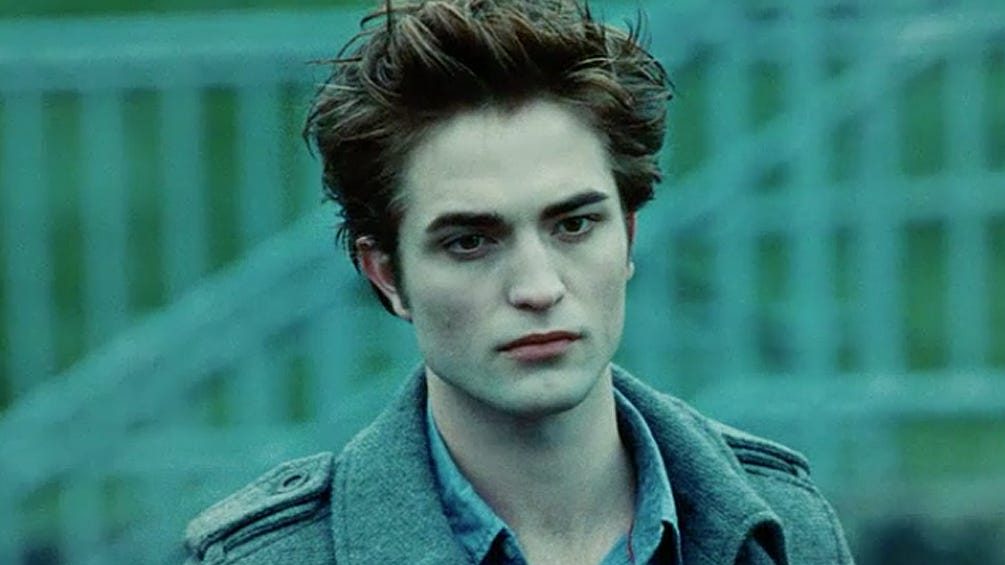
While he acknowledges the impact it had on his career, Robert Pattinson hasn’t been shy about his hatred of the Twilight franchise and its fans. The actor was miserable right from the start, but he’d already signed up to star in all the films, and there was no way he could get out of the contract.
Alec Guinness felt like he couldn’t decline the Star Wars sequels
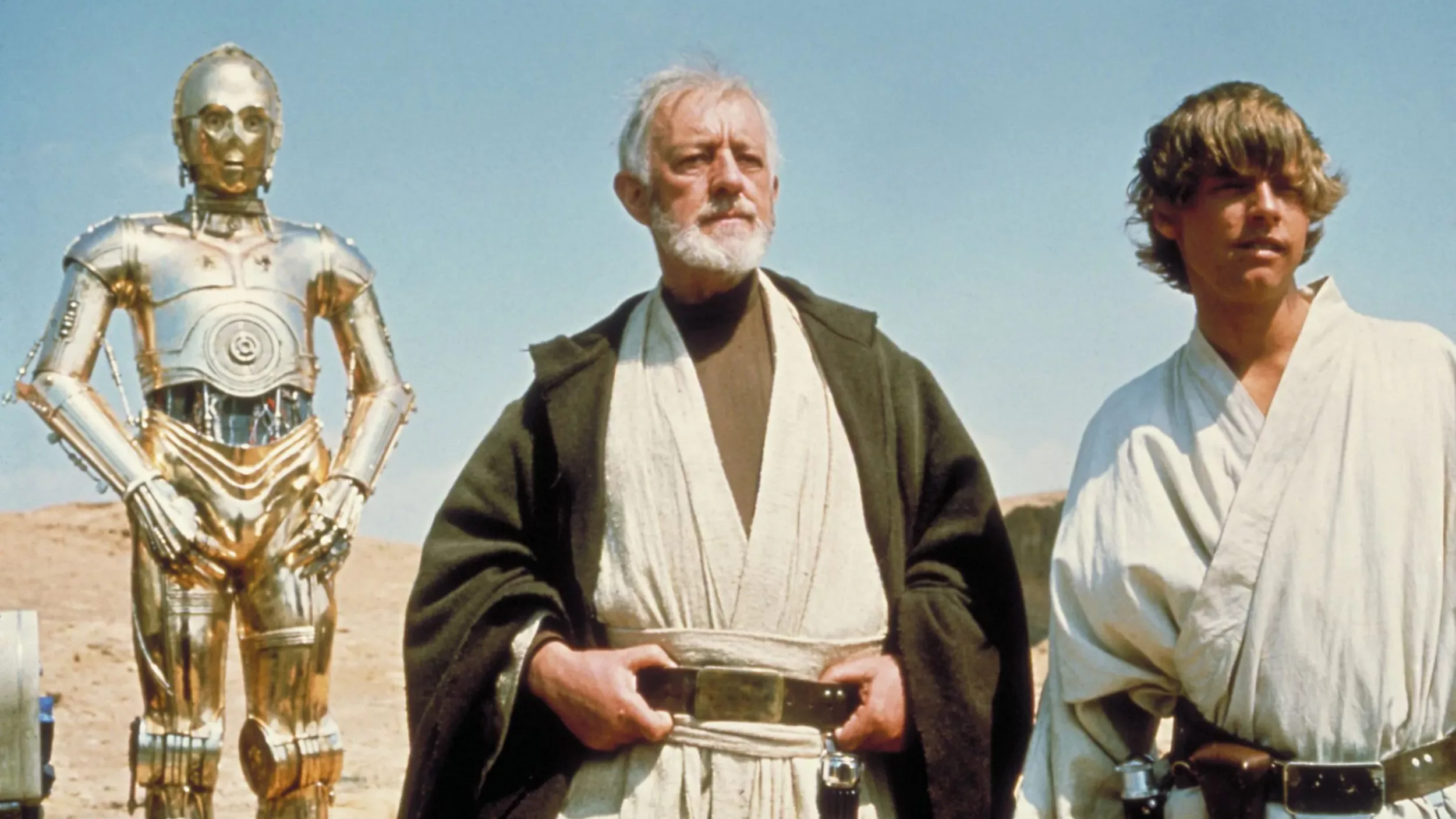
Obi-Wan Kenobi might be one of the most iconic characters of all time, but that didn’t stop Alec Guinness from hating the experience of playing him in A New Hope. While he wasn’t contractually obliged to return for the sequels, Guinness felt obliged because of how much money he was being offered, although he continued to loathe the franchise.
Amanda Palmer was forced to make commercial music

In the early 2000s, Amanda Palmer gave a speech promoting that idea that music should be free, with people given the option to pay if they want. Understandably, this approach didn’t go down well with her record label, who refused to allow her to release her music for free. Palmer was eventually dropped by her label, but only after several years in which she was prevented from offering her tracks free of charge.